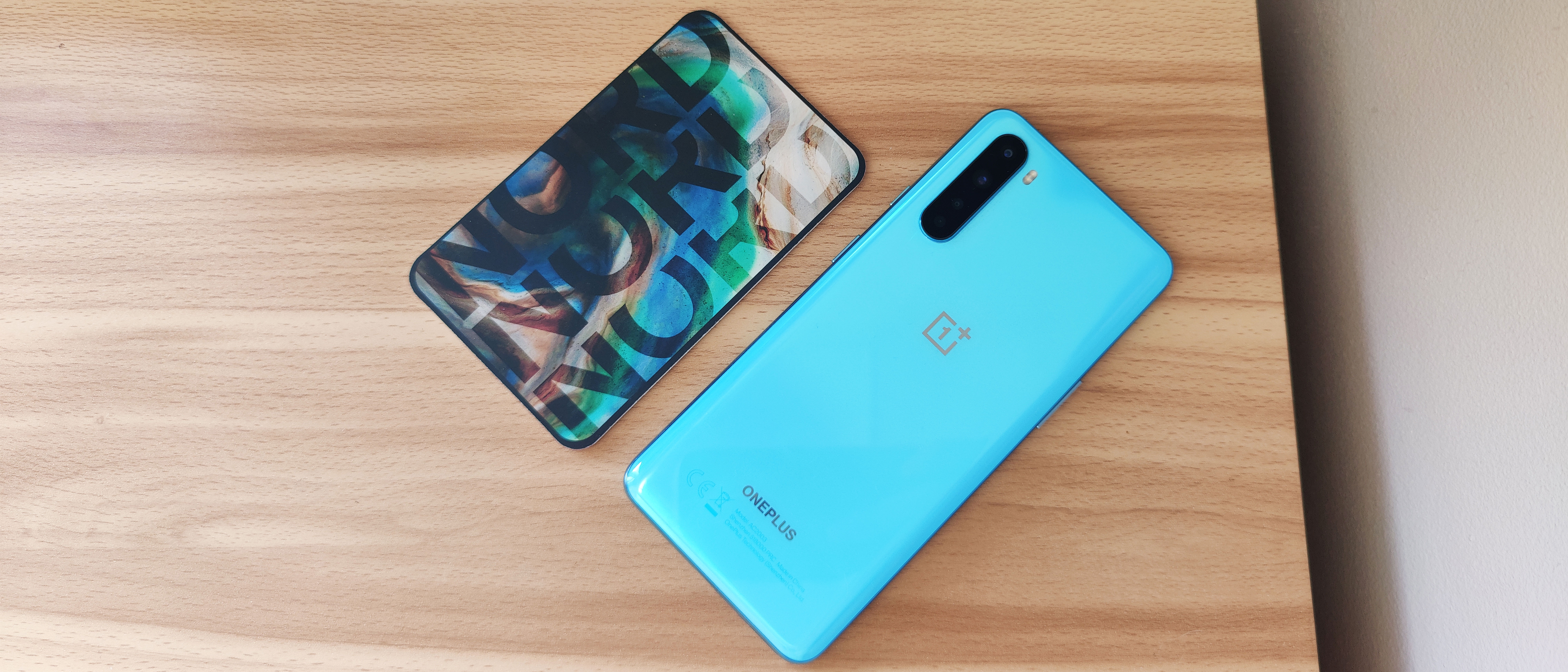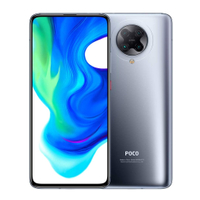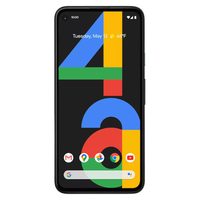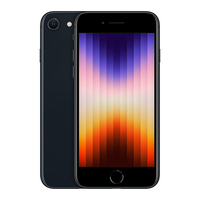TechRadar Verdict
With the OnePlus Nord, OnePlus has made an emphatic return to the mid-range market – it's an affordable smartphone that's packed with features. There's a great screen, plenty of power, and a set of capable cameras, all wrapped up in a package that belies its affordable price.
Pros
- +
Affordable with flagship qualities
- +
Premium design
- +
Plenty of camera features
Cons
- -
Average battery life
- -
Limited notifications space
- -
No IP rating for water resistance
Why you can trust TechRadar
Two-minute review
The OnePlus Nord represents an emphatic return to the combination of style, features and affordability that made the brand stand out when it arrived on the smartphone scene in 2014 with the OnePlus One.
It offers an almost-flagship experience - as our OnePlus Nord review will go on to detail - at a comfortably lower price tag than the OnePlus 8 series, blending premium design, slick performance and great cameras for a heady mix of smartphone satisfaction.
This isn't the newest OnePlus phone, and it even has a few follow-ups. There's the Nord N10 5G, a cheaper version of the Nord, and the N100, a really low-cost iteration of the same idea. There's also the Nord CE and Nord 2, two 2021 smartphones that succeed the original device.
But if you're still interested in the phone that started the OnePlus Nord range, you're in the right place.
The difference between 2014, when the OnePlus One was released, and 2020 is that the market has moved on significantly, and OnePlus is no longer the challenger brand looking to upset the apple cart. The OnePlus Nord finds itself in a crowded mid-market filled with equally feature-rich devices, making it tougher for the phone to stand out.
With rival devices such as the Google Pixel 4a, Poco F2 Pro, Realme X50 5G, Moto G 5G Plus and Mi Note 10 Lite, there's never been a better time to be in the market for an affordable flagship device - and it makes the Nord's job that much harder.
The OnePlus Nord price is eye-catching though, and the handset offers plenty for your money. OnePlus says the Nord is "pretty much everything you could ask for", and it's got a point.
There's a sizable display offering a smooth user experience, enough power under the hood, and plenty of cameras, all wrapped up in a premium design. It looks good, it feels good in the hand, and it performs superbly.
With so many cameras – OnePlus has possibly gone a little over the top here – you get a wide range of photography options from portrait and macro to ultra-wide and nightscape modes, plus 4K video recording at 30fps with both the front and rear cameras. There's also up to a 10x zoom, plus slow-motion video recording at 1080p and 240fps.
The negative points on the OnePlus Nord are minor: there's no headphone jack, no IP rating for dust and water resistance, and no wireless charging on offer.
The battery life is average – it should see you through a day, but this is a phone you'll need to be charging every night – and there's not much room for notification icons across the top of the display, thanks to the dual selfie cameras.
The bigger point here is, where does the Nord leave the firm's top-tier handsets? If the OnePlus Nord really is "pretty much everything you could ask for", why should anyone (especially OnePlus' price-conscious fans) fork out considerably more cash for the OnePlus 8 or OnePlus 8 Pro? It'll be interesting to see how the Nord's arrival affects future sales of the brand's flagship devices.
Right now though, if you're in the market for an affordable smartphone that offers a near-flagship experience, the OnePlus Nord delivers... but so do plenty of others. Still, it was undeniably one of the best OnePlus phones at launch.
Below is our video review of the OnePlus Nord
OnePlus Nord review: price and availability
- OnePlus Nord price: starts at £379 / €399 (around $480, AU$680)
- OnePlus Nord launch date: July 21, 2020
- OnePlus Nord release date: August 4, 2020
The OnePlus Nord price starts at £379 / €399 (around $480, AU$680), a competitive price point which undercuts rival phones from Apple, Google and Samsung.
That's for the 8GB of RAM / 128GB storage model, with the 12GB / 256GB OnePlus Nord price coming it at a still-affordable £469 / €499 (around $590, AU$850).
Those prices mean the OnePlus Nord is cheaper than the new iPhone SE (2020), Samsung Galaxy A51 5G, Mi Note 10, LG Velvet and Motorola Edge. It could be even cheaper once you factor in any OnePlus promo codes currently available.
Weight: 184g
Dimensions: 158.3 x 73.3 x 8.2mm
Display size: 6.44-inch
Resolution: FHD+ (2400x1080)
Refresh rate: 90Hz
Pixel density: 408ppi
Chipset: Snapdragon 765G
RAM: 6GB / 8GB / 12GB
Storage: 64GB / 128GB / 256GB
Rear cameras: 48MP + 8MP + 2MP + 5MP
Front camera: 32MP + 8MP
Battery: 4,115mAh
The Realme X50 5G and Mi Note 10 Lite are cheaper than the Nord, and both those phones come with the same Snapdragon 765G chip, but make a few small compromises in other areas to achieve their lower prices.
It also means the OnePlus Nord price is significantly lower than the OnePlus 8, which launched at £599 / $699 (around AU$1,100). The OnePlus Nord N10 5G, launched after the Nord, costs £329 (around $430 / AU$595), and the Nord N100 is even cheaper.
The OnePlus Nord is available in the UK and 27 other European countries, plus India, Hong Kong and Malaysia.
The OnePlus Nord release date was August 4, 2020. In the UK the OnePlus Nord is available from the OnePlus website, John Lewis, Three, and Amazon.
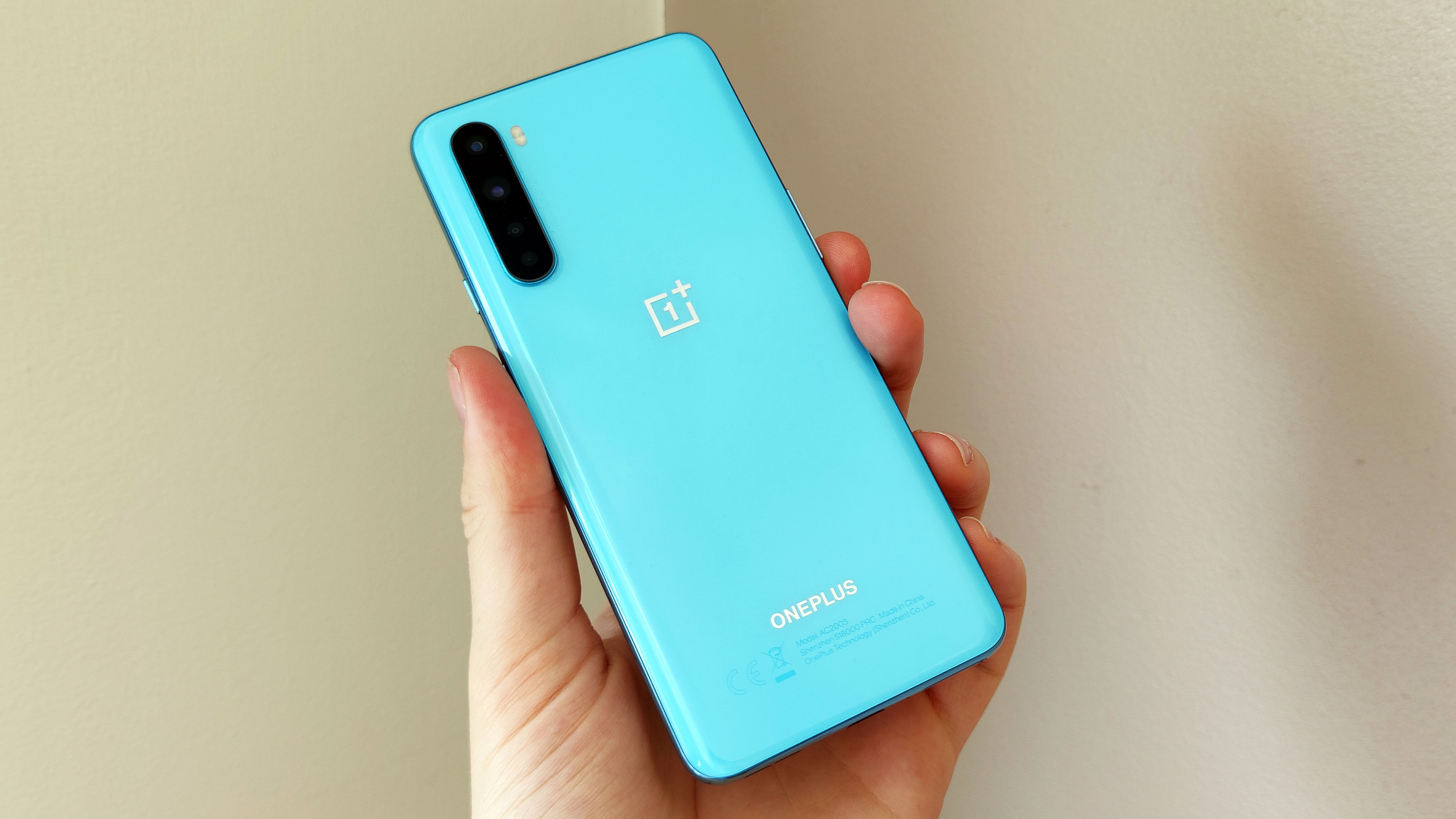
OnePlus Nord review: design
- Design belies the affordable price
- Similar in size to the OnePlus 8, one-handed use possible
- Slippery finish, but case included in the box
The OnePlus Nord's design belies its affordable price. You get the same premium build and finish as on the flagship OnePlus 8 series, with a metal frame sandwiched between Gorilla Glass on the front and rear.
It makes for a solid, premium-feeling device in the hand, and it's a similar size to the OnePlus 8, meaning the OnePlus Nord can be used one-handed – although those with smaller hands may struggle to stretch their thumb to the top of the display.
If you look closely, there is a slender, raised plastic frame which runs around the display, between the glass and the metal frame. While it's not particularly noticeable from a visual standpoint, run your finger over the edge of the phone and you'll notice the angular ridge.
It's a minor point, but this breaks up the otherwise seamless design, and it's a small reminder that this is a more affordable handset.
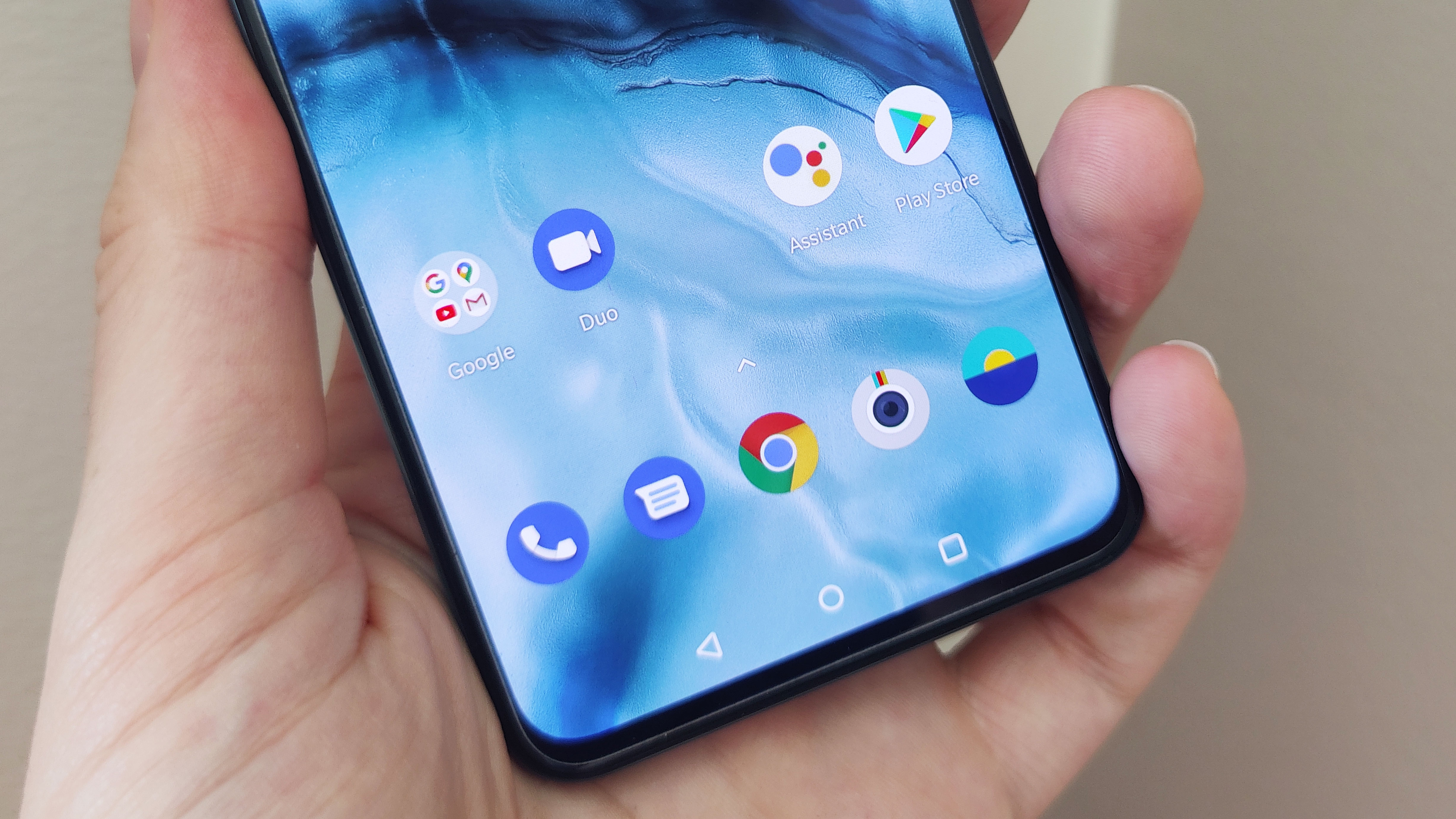
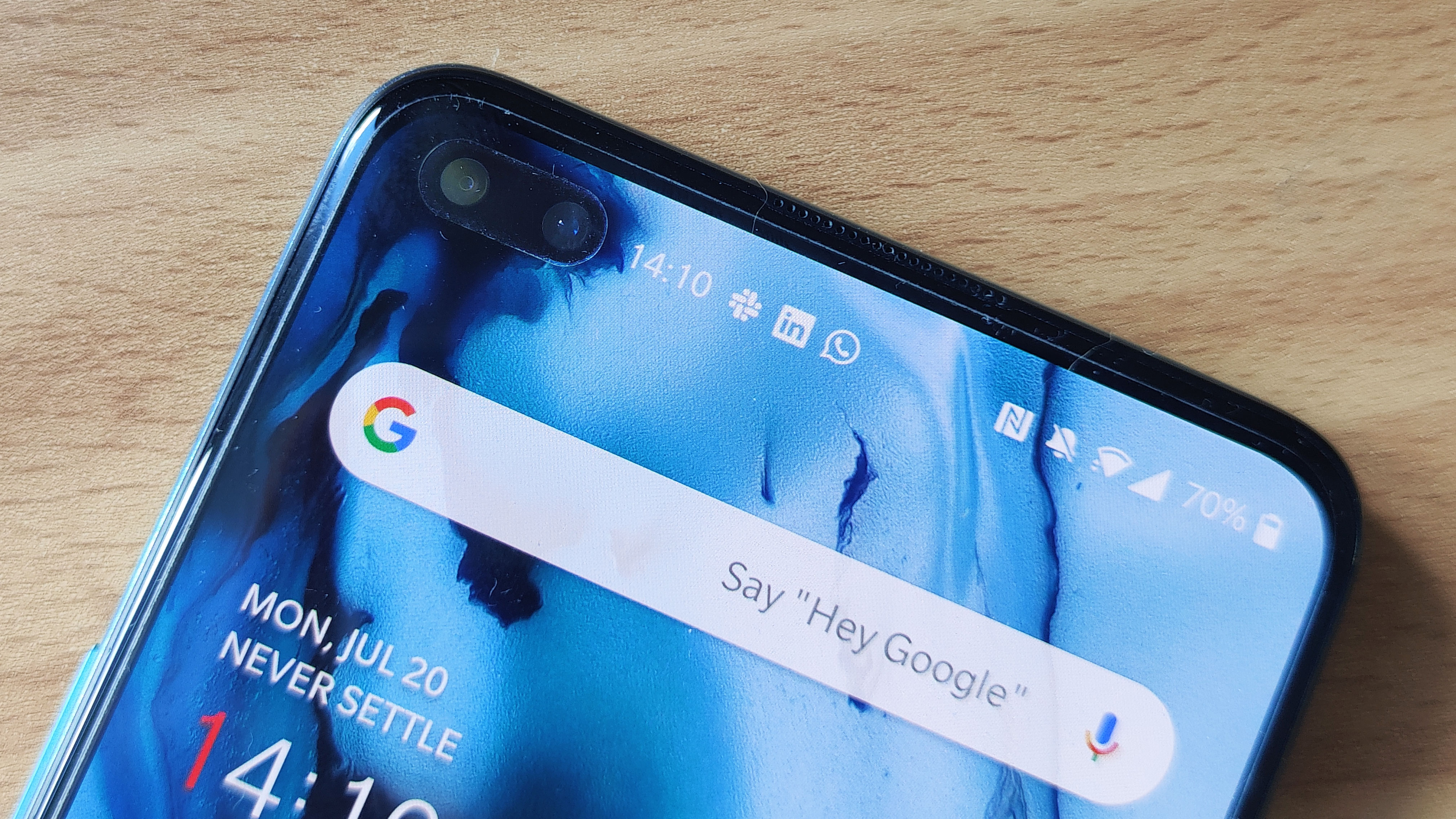
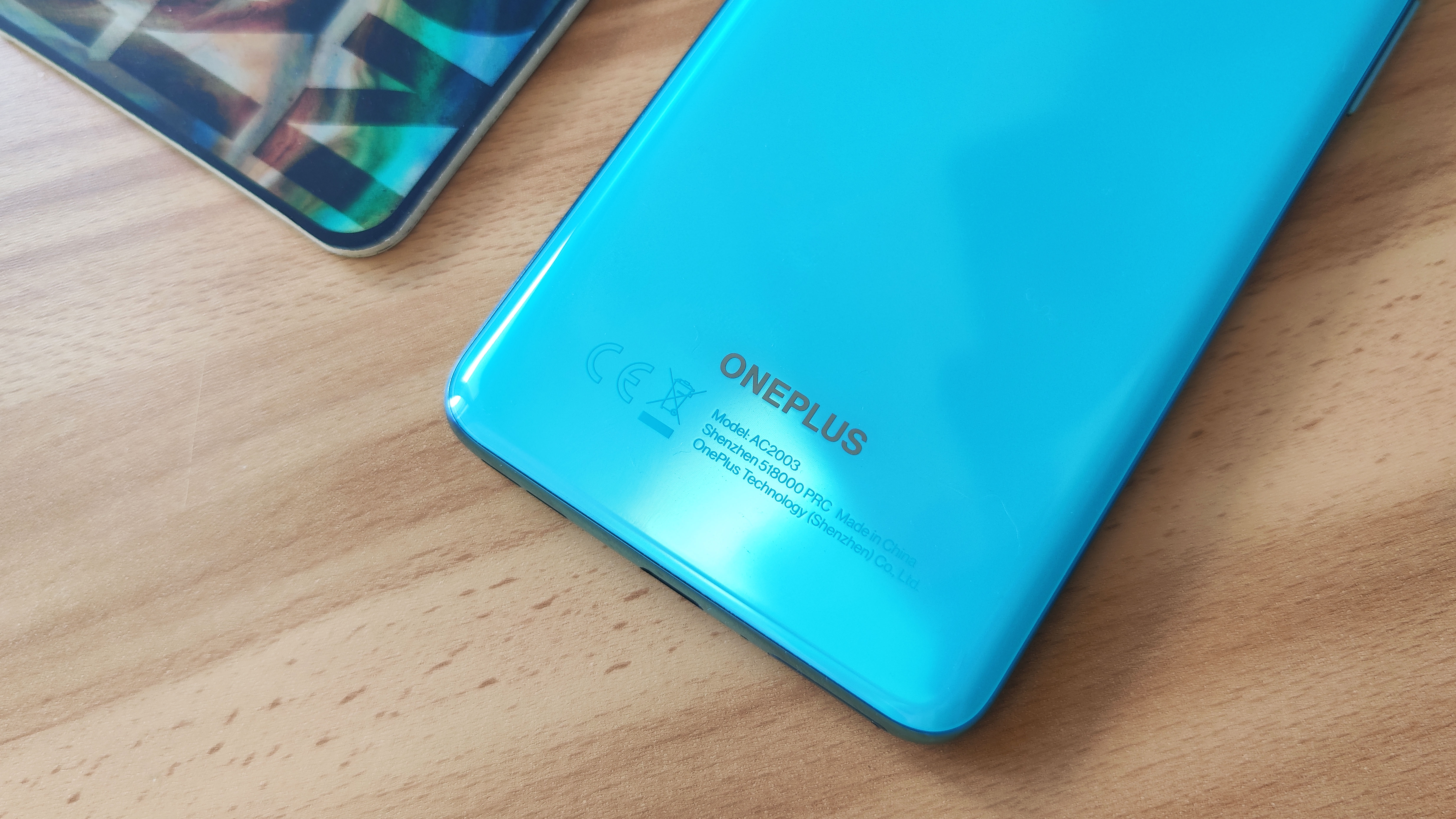
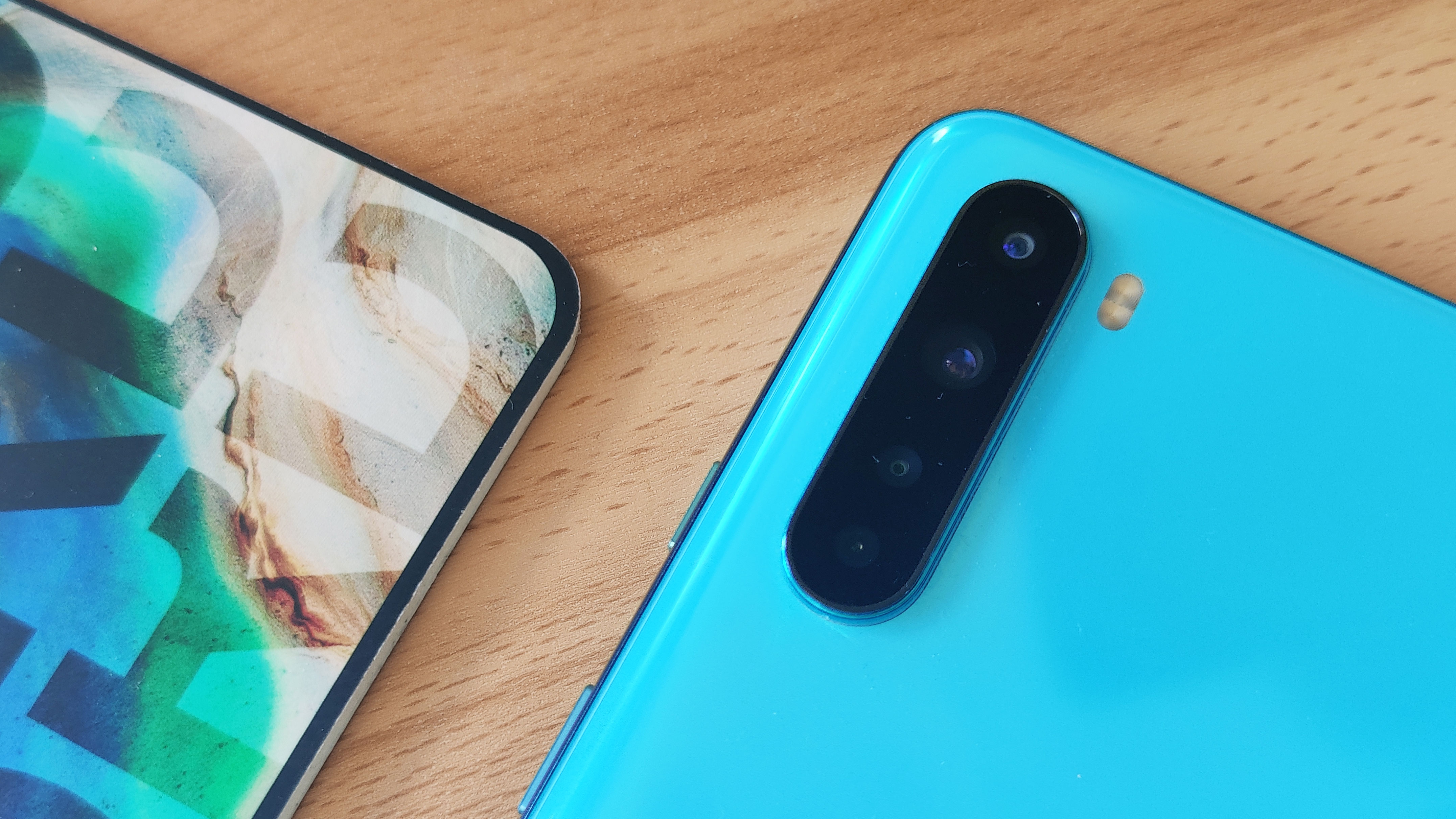
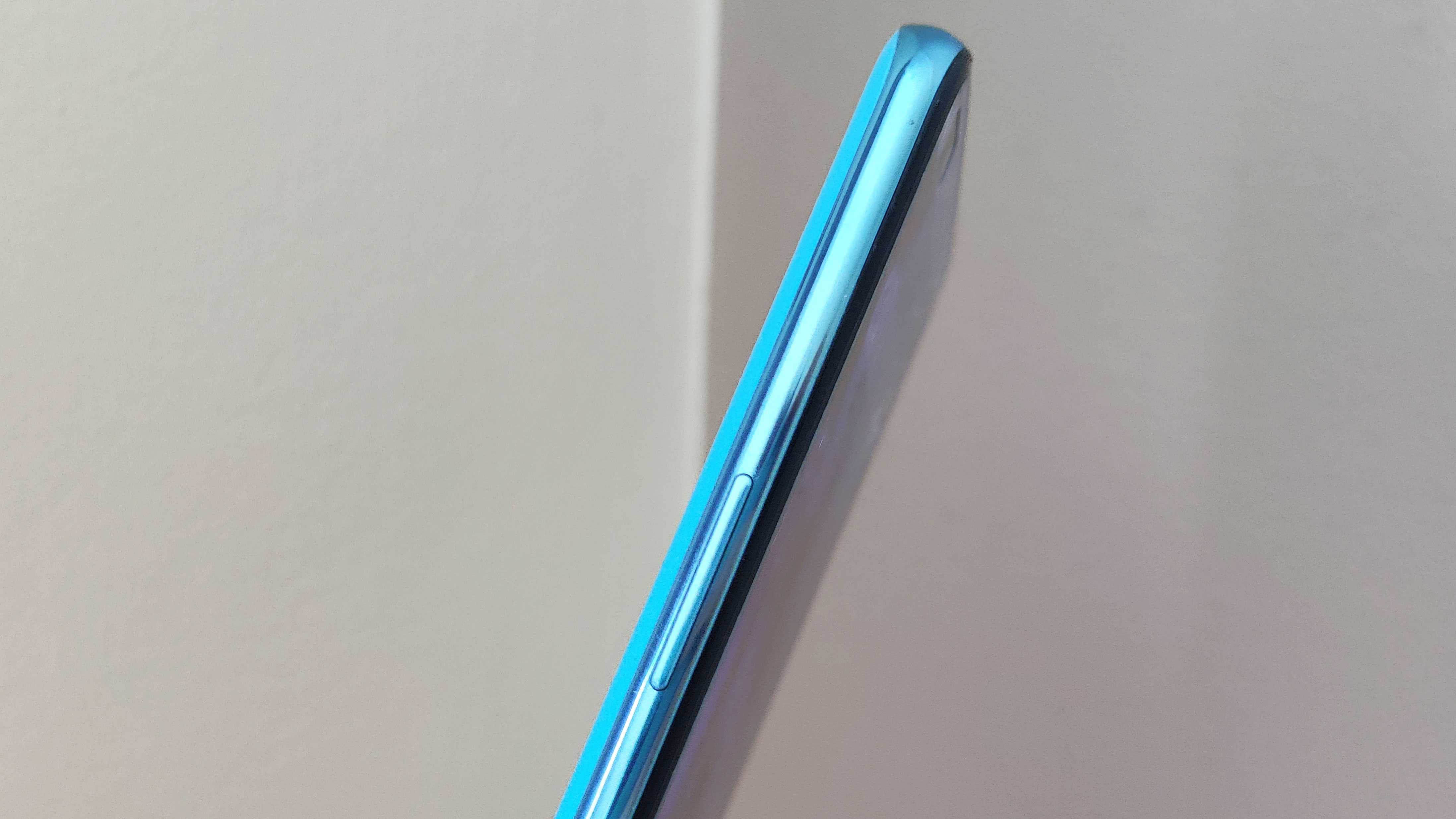
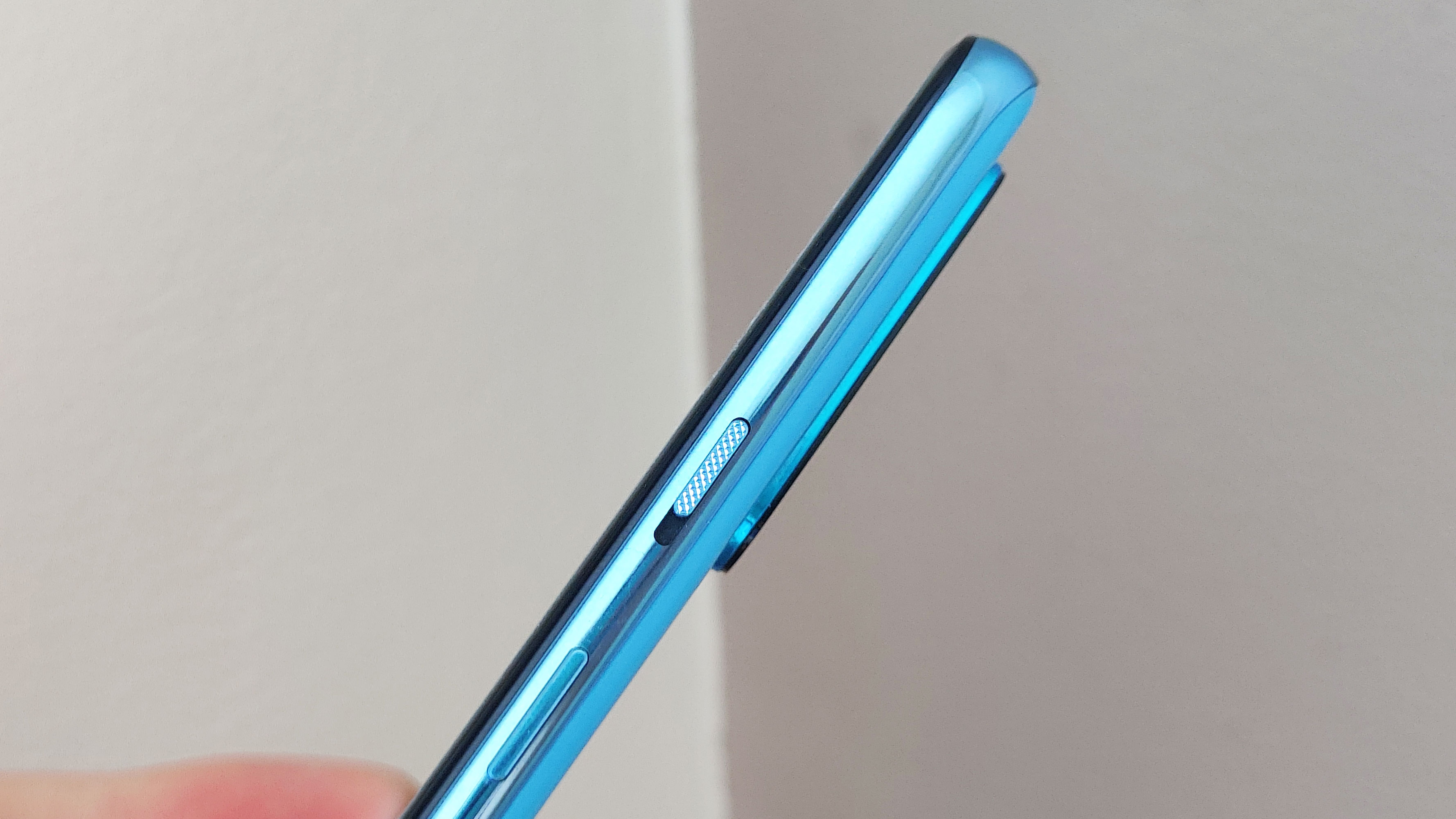
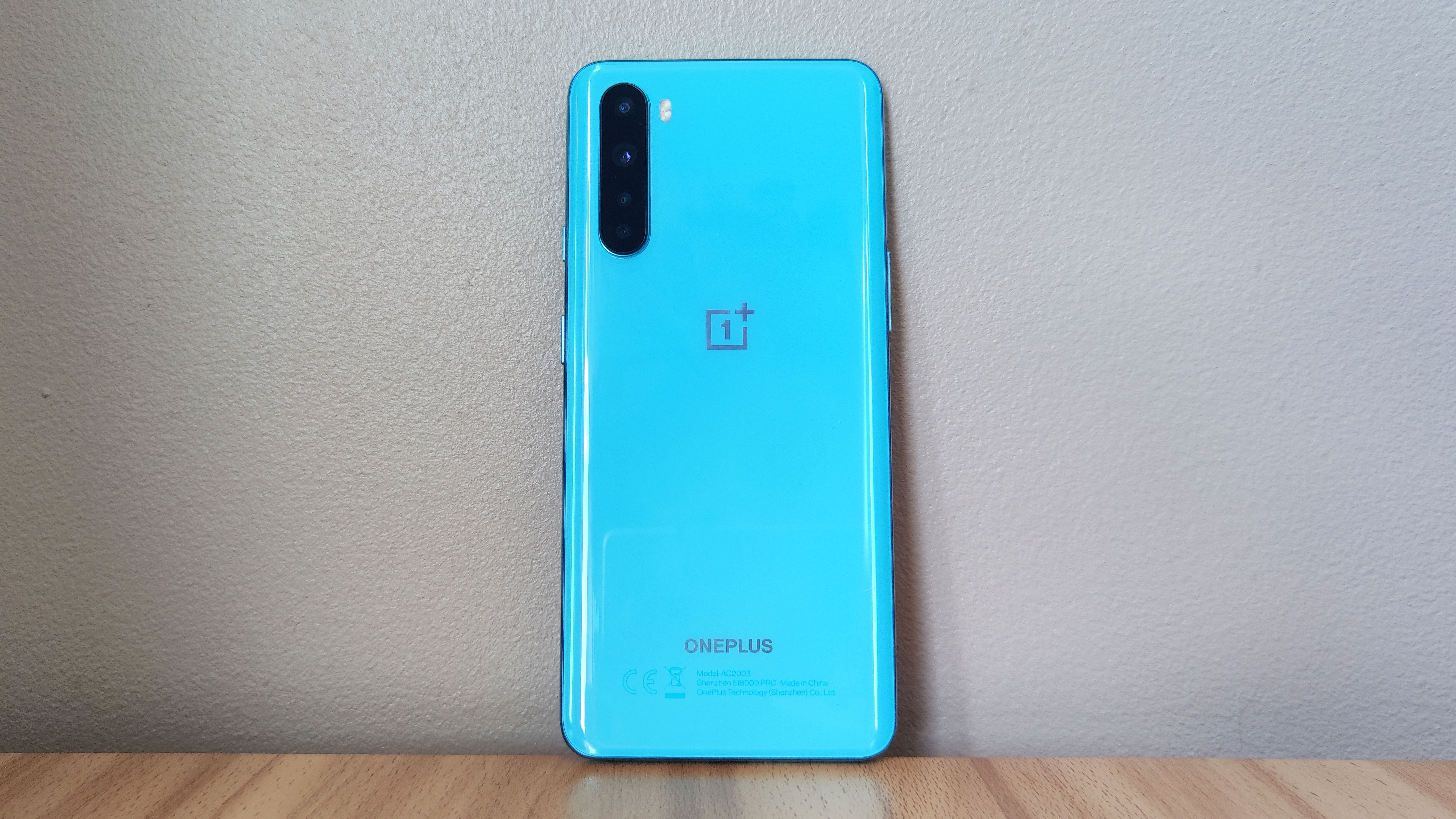
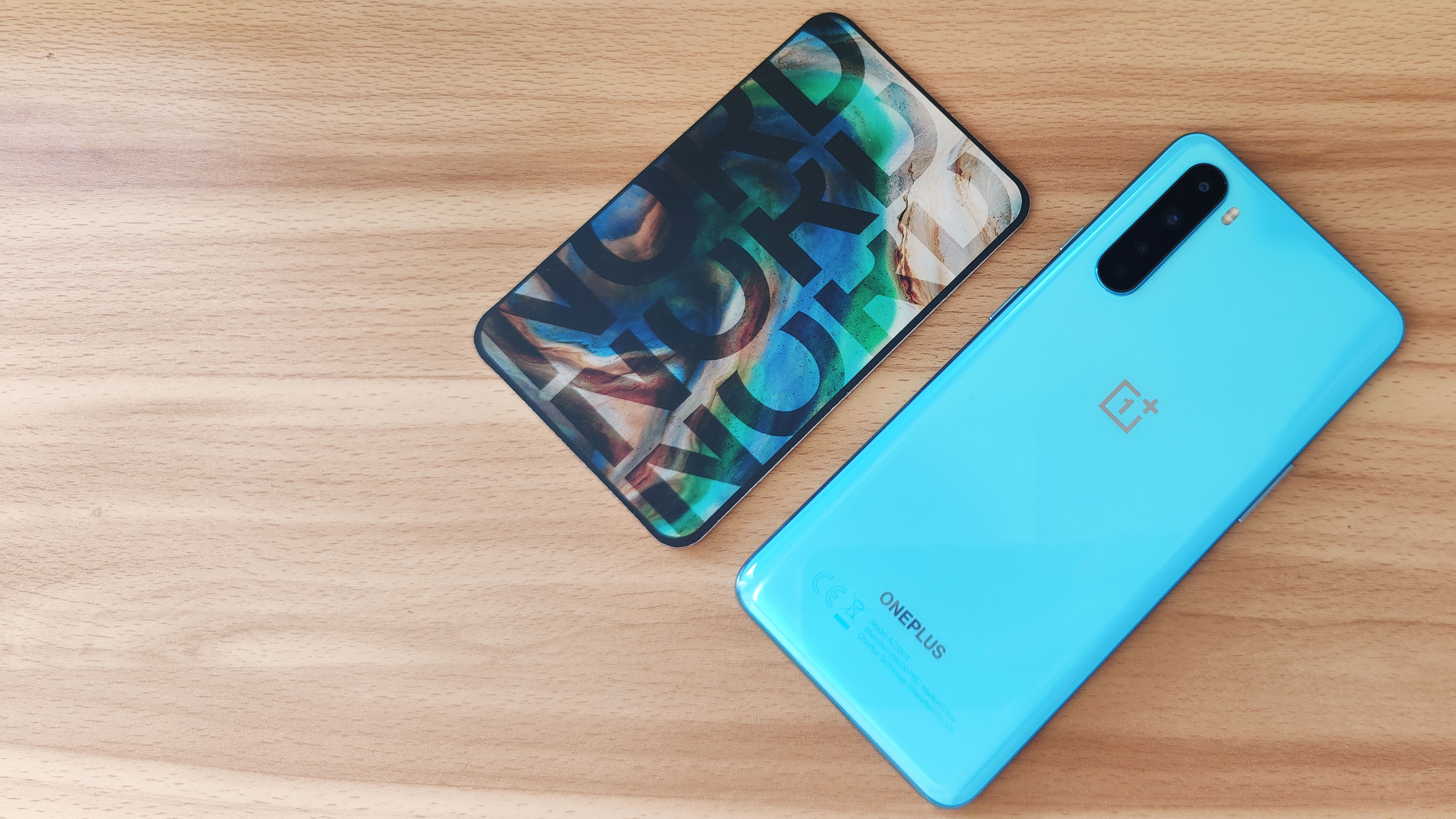
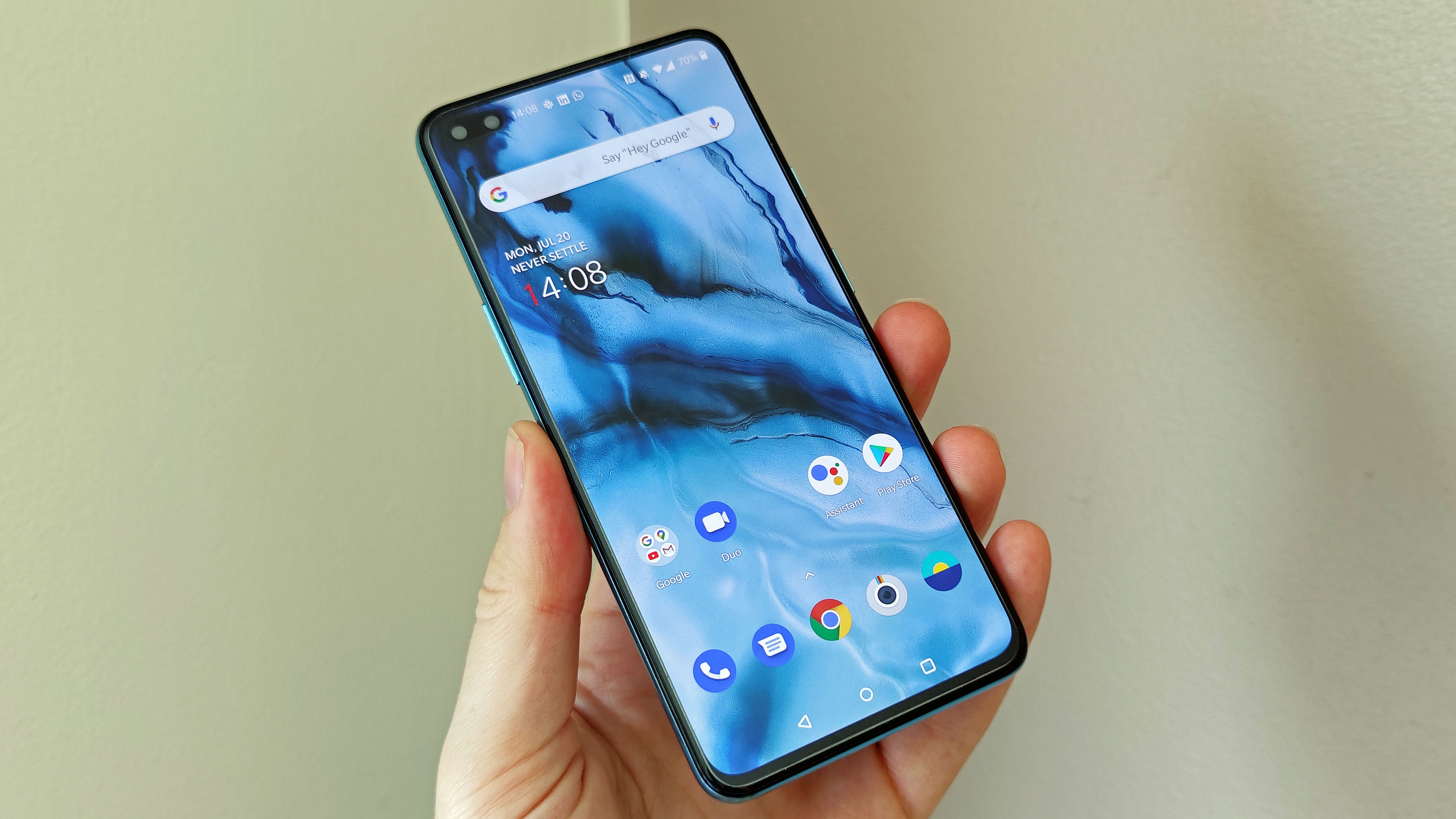

The OnePlus Nord measures 158.3 x 73.3 x 8.2mm and tips the scales at 184g, which means it's shorter than the OnePlus 8, but ever so slightly wider, thicker and heavier.
Its smooth glass finish means there's little in the way of natural grip, and we found that the Nord could be slippery at times.
The good news for those who are a little more clumsy, or who like to sling their smartphone into a bag, is that there's a slimline silicon case included in the box. This gives you some instant grip, plus protection against small knocks and drops.
The power/lock key on the right falls nicely under thumb or finger, and sits just below OnePlus' now-familiar alert slider, which lets you quickly switch between silent, vibrate and loud modes.
The volume rocker sits on the opposite side, while on the base you'll find a centralized USB-C port flanked by a speaker and the dual SIM card port; there's no headphone jack on the OnePlus Nord, however.
That down-firing speaker is the only external audio output on the Nord, there's no stereo speakers here - and we found it could be easily covered when holding the phone in landscape. This results in a muffling of the sound, which can be troublesome when watching video or playing games.
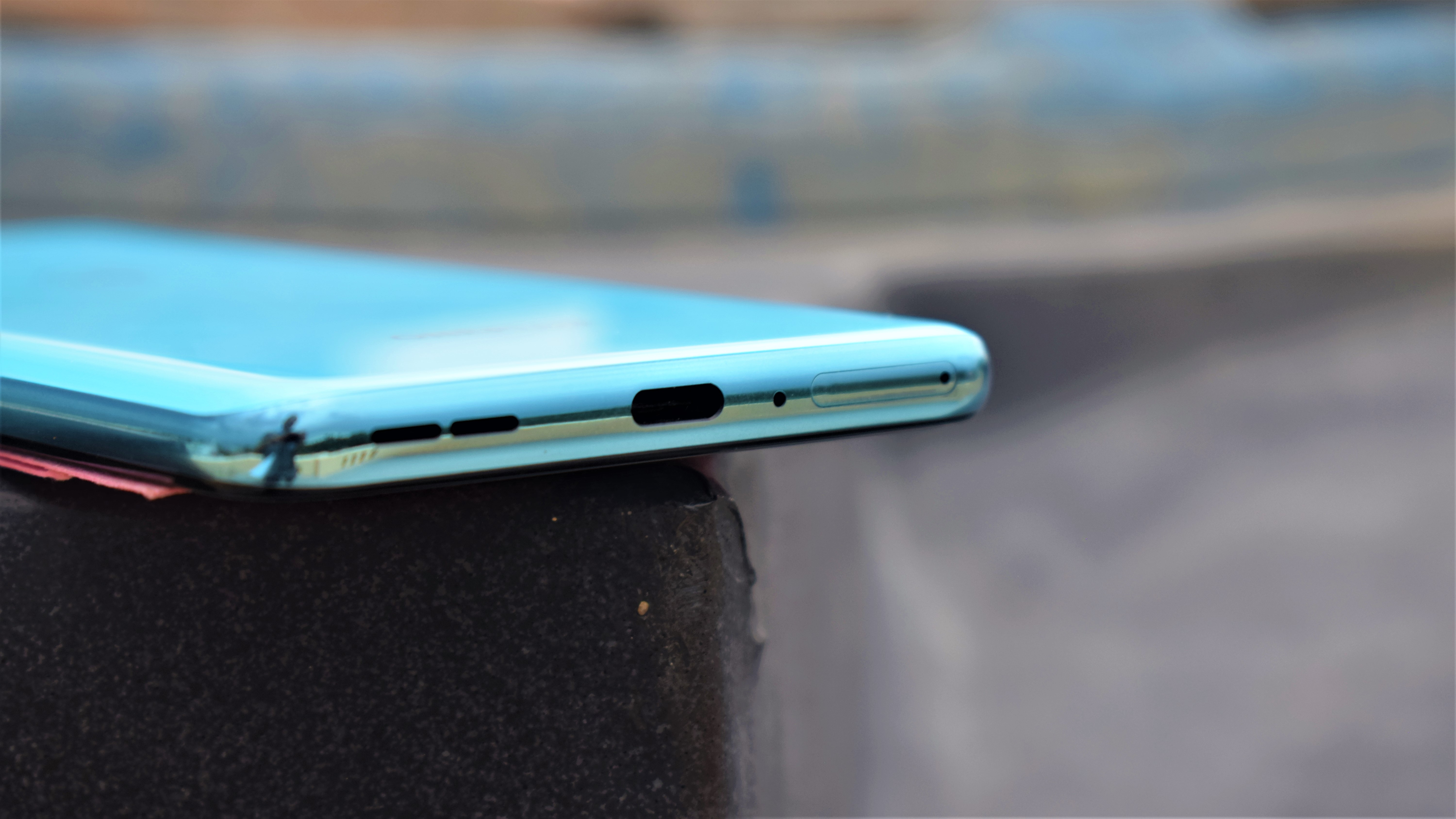
The phone is available in two colors, and while the Gray Onyx finish is relatively run-of-the-mill, the second option is likely to be more appealing – it's called Blue Marble, and it certainly makes a statement, as you can see in our pictures.
OnePlus says the Nord does have water resistance, but it doesn't carry an official IP rating, which would guarantee its dust- and water-repelling abilities.
It's one of the ways OnePlus has kept the price of the Nord down, and while it claims the handset has been plunged into 30cm of water for 30 minutes and survived, you might want to be a little careful.
Round the back the main feature is the large, oblong camera bump which houses the OnePlus Nord's four rear cameras. This is raised by a couple of millimeters from the back of the handset, as on the OnePlus 8 and 8 Pro, but unlike on its more premium siblings the camera block is in the left corner, rather than central.
It means that when placed screen-up on a surface the Nord doesn't sit flush with the surface, and due to the slight protrusion in one corner it wobbles when you tap the display. It also doesn't feel like it does the camera glass any good, although applying the in-box case does alleviate the issue.

OnePlus Nord review: display
- Bright, colorful 6.44-inch AMOLED display
- 20:9 aspect ratio, Full HD+ resolution, 90Hz refresh rate
- Punch-hole for selfie cameras limits notification icons
The OnePlus Nord has a 6.44-inch AMOLED display with a 20:9 aspect ratio, Full HD+ (2400 x 1080) resolution, and a 90Hz refresh rate for fluid scrolling performance.
The screen fills the front of the handset, with minimal bezels – the thickest one is at the foot of the display. The only interruption to the screen is the punch-hole cutout in the top-left corner housing the dual selfie cameras.
These cameras don't tend to get in the way, but they do limit the number of notification icons that can be displayed in the top bar, which may irk some users.
The Nord comes with a factory-fitted screen protector to give you some additional protection against scratches. Those with an eye for uniform design may not care for the additional ridge this creates around the screen and camera punch-hole, and it can be easily peeled off if you don't like the look or feel.
However, you will be effectively reducing the strength of the display if you do so - it's your choice.
The display is bright and clear, but unlike the screens on the 8-series phones the Nord's is flat, rather than having curved edges which spill over the sides of the phone. Without these curves to the front edges of the handset, the Nord does feel a touch chunkier in the hand.
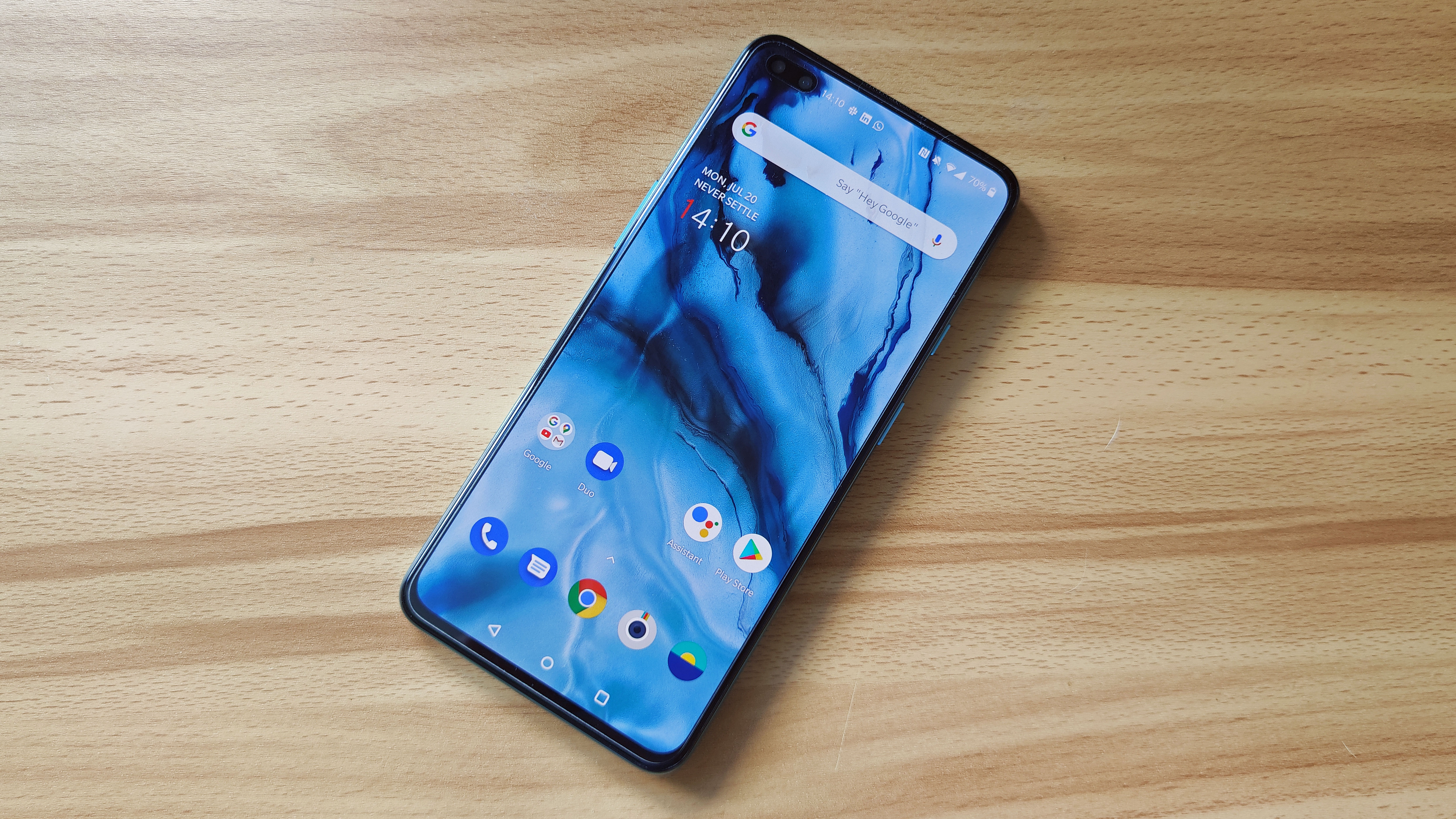
There's HDR10+ support included too, so if you stream content from services such as Netflix or Prime Video, or watch your own HDR video content, it will look good on the Nord's display.
When you're watching video, the section of screen where the notification bar resides isn't used, to prevent the selfie camera punch-hole from getting in the way.
Watching movies and TV shows is a pleasant experience, but the colors don't appear to be as rich as on some handsets. The slightly muted tones are more natural, but they're not as visually arresting as displays which pack a more colorful punch.
A fingerprint scanner is embedded in the screen, allowing you to register your prints for security. The scanner works reasonably well, and allows you to register multiple prints – we'd suggest both thumbs and forefingers – although it's not the quickest sensor we've used.
One way to speed up the unlocking process on the OnePlus Nord is to pair the fingerprint recognition with face unlock. The Nord can combine both biometric security features simultaneously when you come to unlock, and it can produce a faster result.
OnePlus Nord review: camera
- 6 cameras, 4 rear, 2 front – the most ever on a OnePlus phone
- Main rear camera captures detailed, bright shots
- Nightscape works well, but it’s not the best night mode around
The headline feature of the OnePlus Nord is its 'flagship' camera setup. There are a total of six cameras on the handset, four on the rear and two on the front, the most OnePlus has ever put on a smartphone.
The main camera on the rear is indeed borrowed from a flagship phone – the OnePlus 8. It's a 48MP Sony IMX586 sensor (with EIS and OIS image stabilization) teamed with an f/1.57 lens, which can take 48MP images, although by default it's set to 12MP.
This is because the 48MP images are around three times the size of the 12MP shots, which means your storage would fill up a lot quicker if every shot you took was at the higher resolution.
You'll find that 12MP is generally adequate for social posting, and the 48MP mode is better if you're planning on printing the image out, or making detailed enhancements to it in a photo editor.
That's accompanied by a trio of other cameras, comprising a 5MP depth sensor, 2MP macro camera, and an 8MP, 119-degree ultra-wide-angle snapper for those sprawling landscape shots.
There's a bunch of shooting modes, including portrait, nightscape, super macro and pro, plus Full HD, slow-motion video capture at 240fps and 4K recording at 30fps.
The main rear camera is a capable shooter, and performs well in good light both indoors and out. The default 12MP images it captures have a good level of detail, and the auto HDR helps to prevent images appearing too dark or overexposed.
You have the option of a 2x zoom via an icon on the screen – give this a tap and you'll be brought closer to your subject with minimal loss in image quality. It works well outside, but zoomed shots indoors can appear a little grainy and dark if the lighting isn't perfect.
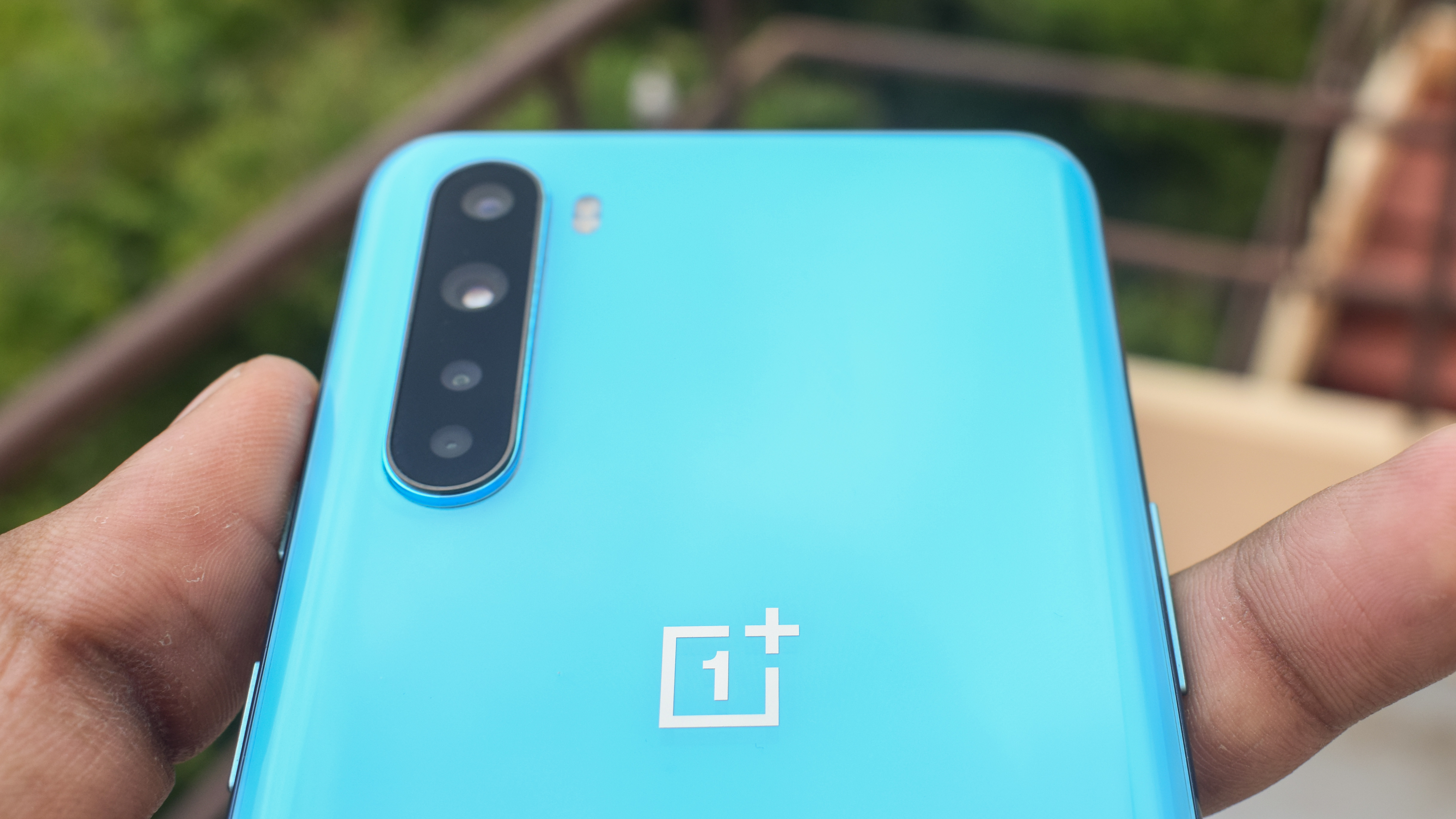
If you flick your finger over the 2x icon, you'll slide open a zoom scroll wheel, which gives you the ability to go all the way up to a 10x digital zoom. With this being purely digital, image quality is noticeably reduced, but images taken outdoors, in good light, still have enough detail that they don’t look messy.
The zoom quality again deteriorates when you take photos indoors, however, and we'd recommend against using the 10x option inside if you're hoping to get an Instagram-worthy shot.
The 2x zoom icon sits next to two other toggles, one which returns you to the main camera, and another that switches you to the 8MP ultra-wide camera, which has a 119-degree field-of-view to let you fit a lot more of the landscape into your shots.
However, the quality from the ultra-wide camera isn't as good as that of the main camera, with muddier pictures which lack detail and color in comparison. For sweeping landscapes this is less noticeable, but if you have subjects in the foreground you'll find that your images aren't quite as sharp here.
OnePlus claims its ultra-wide camera is better than the iPhone 11's, with less distortion around the edges of images – ultra-wide shots can suffer from a 'fish-eye' effect, with the edges of the image being stretched.
There's certainly less distortion at the edges of wide shots than in comparable images from many rival handsets, but it's not entirely absent, and if you look carefully you'll be able to spot the imperfections.
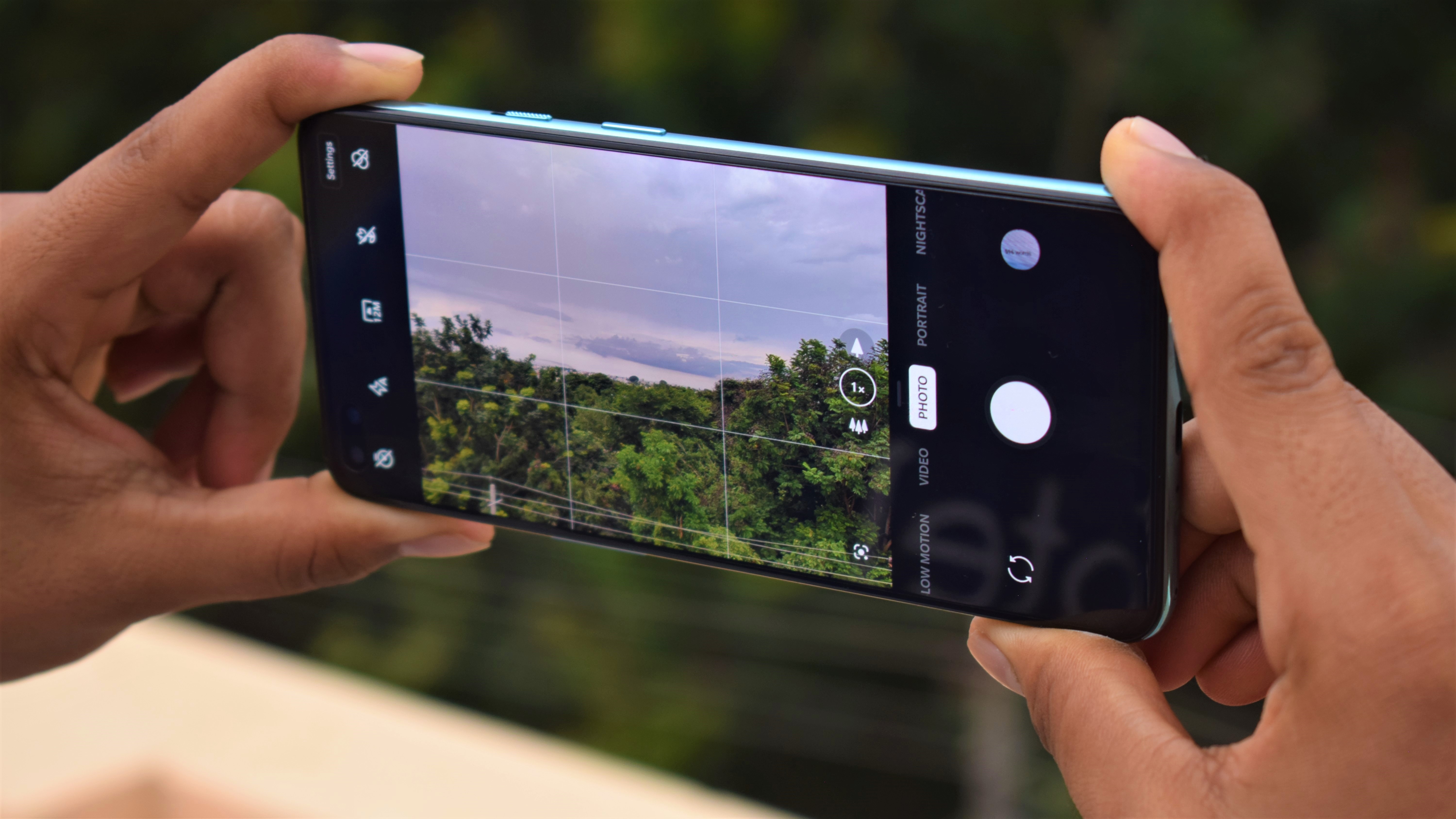
The reduction in distortion here is one of a series of image-processing improvements OnePlus has said it's made on the Nord, and another area where improvements are apparent is Nightscape mode.
Night modes are now a feature on a number of top-end handsets, and they're becoming more common on mid-range phones too, so it's good to see OnePlus including one here – and it does make a difference over the main camera and its standard HDR.
Nightscape takes nine shots at different light levels, and then combines them into one image to produce a brighter, more even result. You'll need to hold the phone still during this, as the Nord takes between 1 and 8 seconds to capture all the levels. If you move the handset too much during this time you'll end up with a blurred, messy picture.
The pictures it produces can be impressive, but it does vary depending on the environment, and the light sources the handset can draw on.
In dark environments, with some lighting available, the difference Nightscape makes is dramatic; however, as light levels drop, the effectiveness of the mode quickly diminishes. It doesn't have the same smarts as Google's Night Sight mode on Pixel handsets, which can brighten up really dark images with very little in the way of a light source.
Another tool in the OnePlus Nord's camera arsenal is portrait mode, which utilizes the main camera and the 5MP depth sensor to add background blur to shots. The Nord does a good job of distinguishing between your subject and their background, and applying the blur effect to the right areas.
Subjects themselves look crisp, although images do come out darker than pictures taken in the standard camera mode.
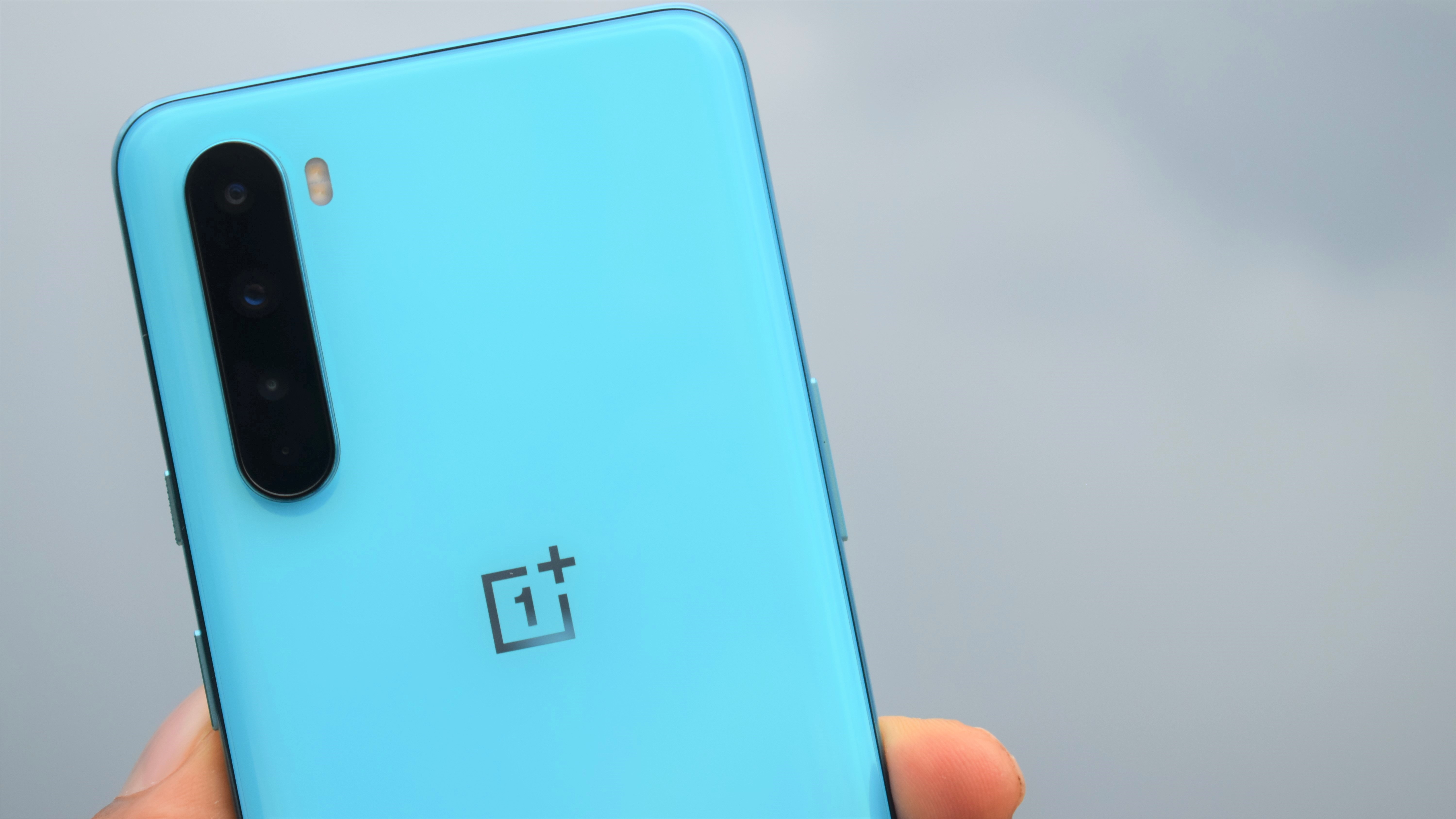
Macro mode allows you to get up close to subjects for detailed shots using the 2MP macro camera; however, this doesn't appear as a separate mode alongside portrait, nightscape, video and co in the camera app – instead it's a setting toggle along the top of the screen when you're in the standard photo mode.
The lower resolution of the macro camera on the OnePlus Nord means images aren't quite as pixel-dense, and colors can appear a little muted; but if you have a steady hand, some patience, and good lighting, it's possible to take some lovely close-ups.
The inclusion of the marco camera does seem a little excessive though – it feels like this is a vanity feature, rather than one which genuinely pushes the OnePlus Nord forward. You can capture close-up shots using the main camera and 2x zoom which don't differ all that much from those taken with this 'specialist' shooter.
You'll also find a range of filters in the OnePlus Nord camera app, just tap the conjoined circles icon in the top right corner of the screen to bring up the scroll bar of 15 options.
Three of these filters are new for the Nord, and were created in conjunction with photographer Hannes Becker. Each has a Nordics inspired name; Sarek, Vaeroy and Ylläs.
The filters don't exactly break the mold of what we've come to expect from these Instagram-style effects, but it's nice to have a wide array of options within the camera app itself, if you want to play around with your shots.
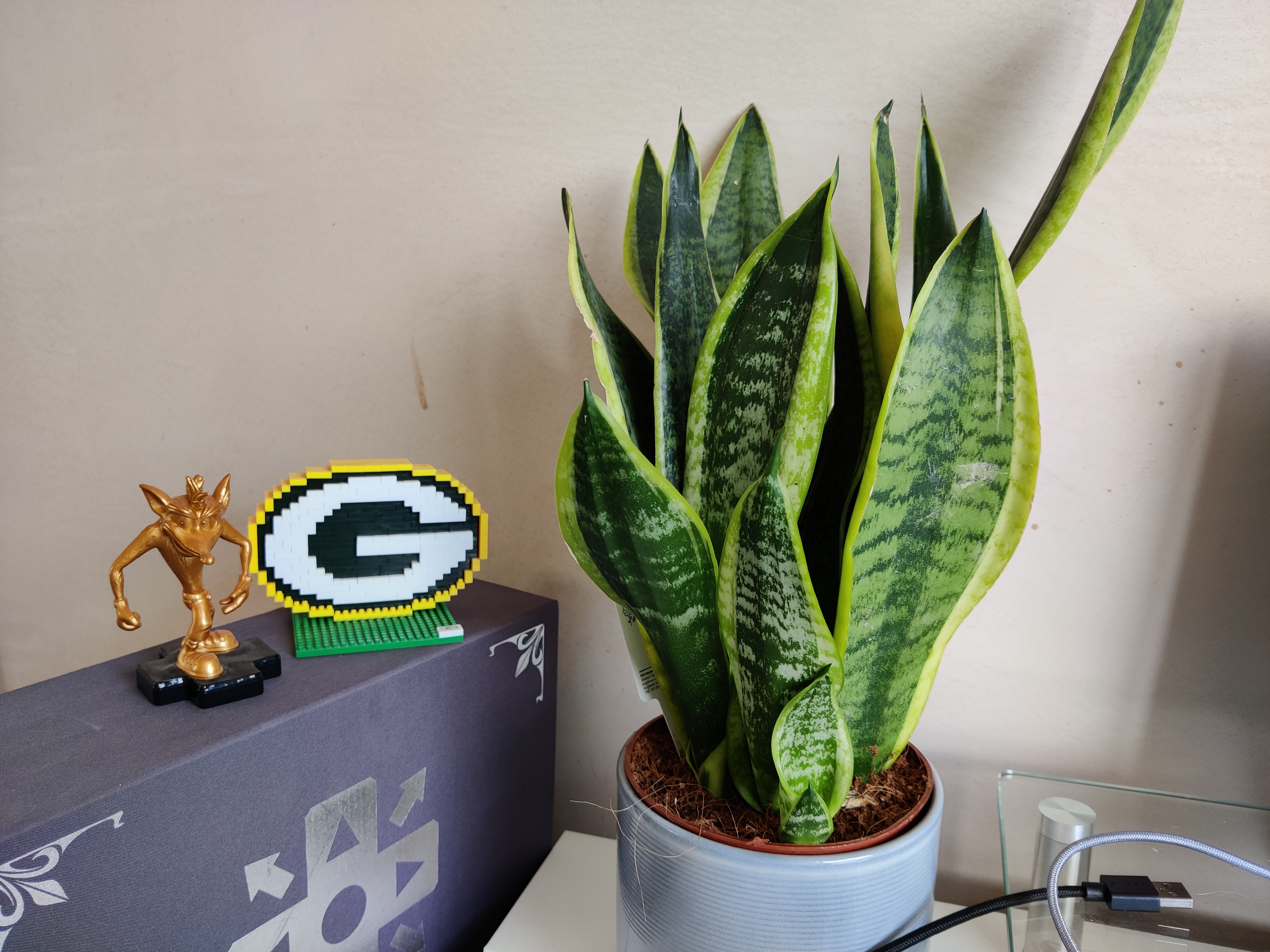
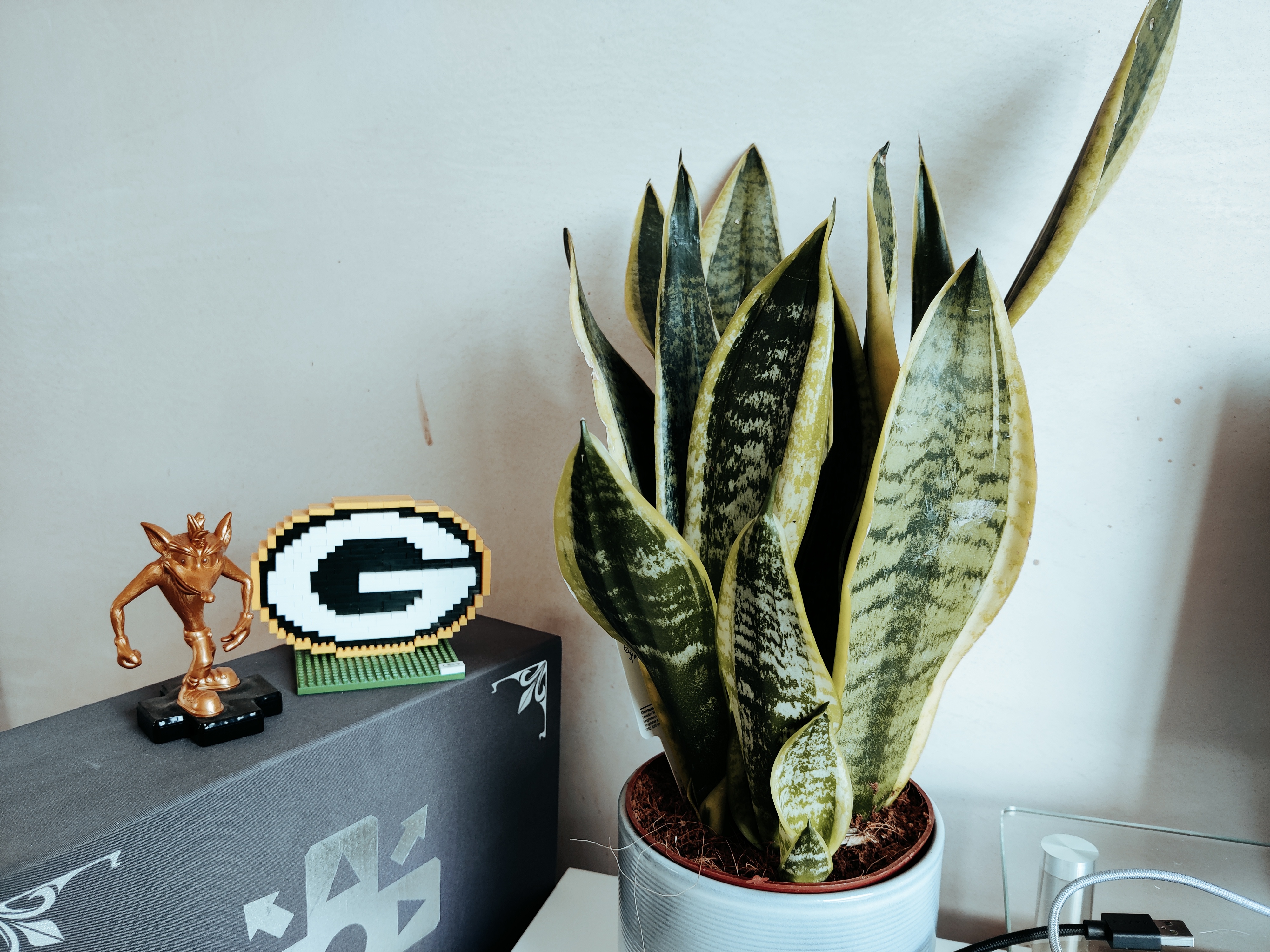
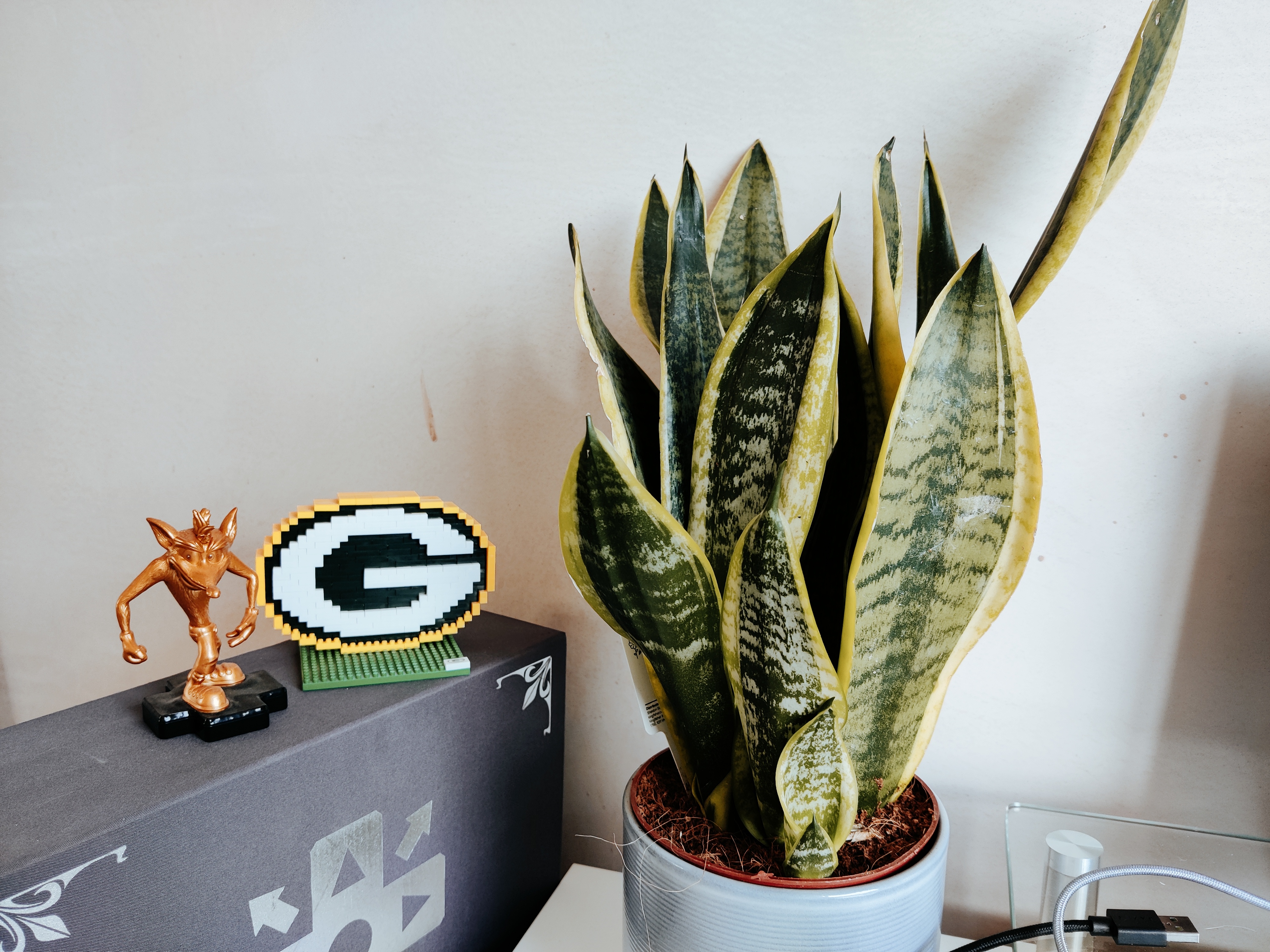
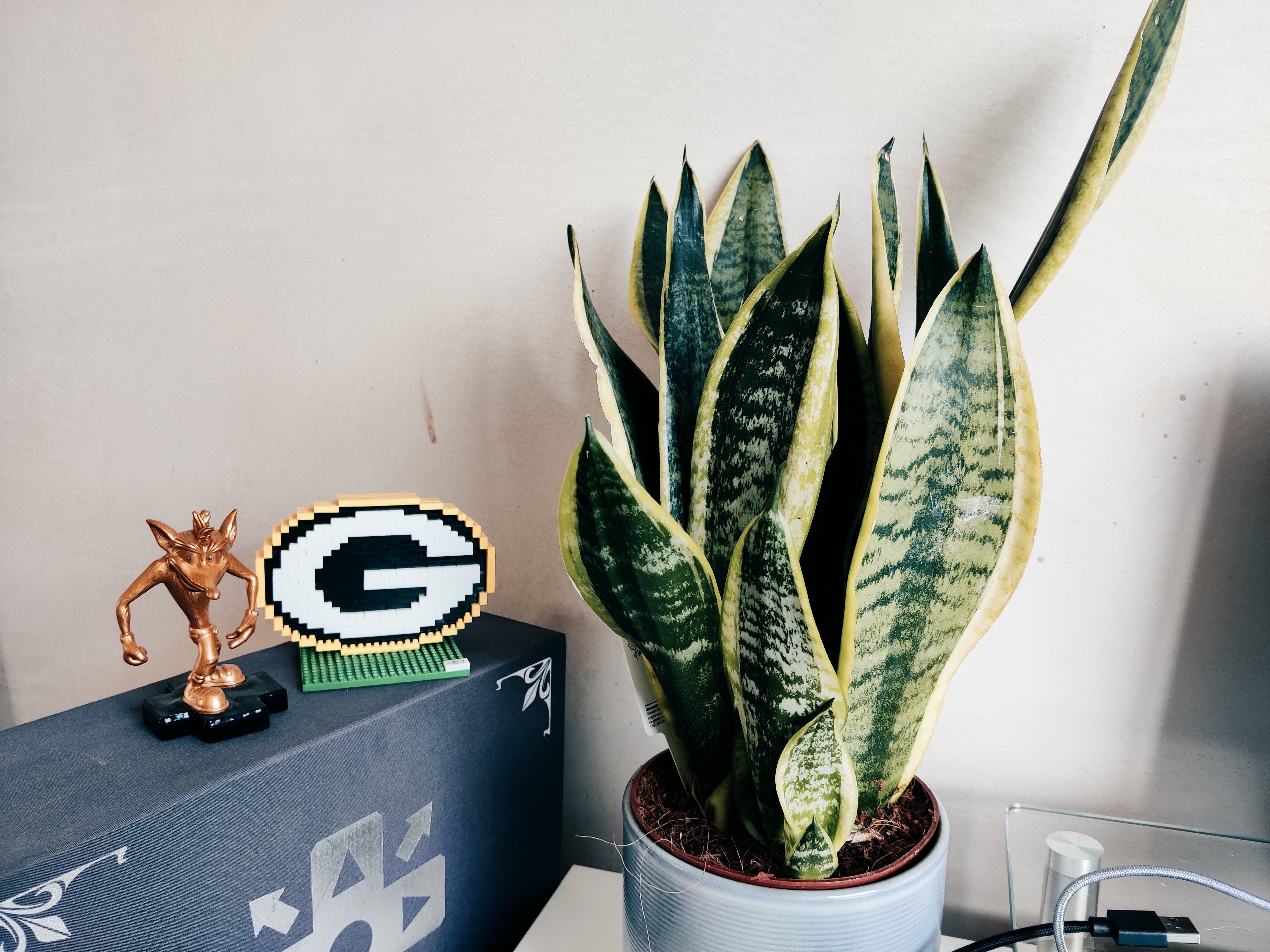
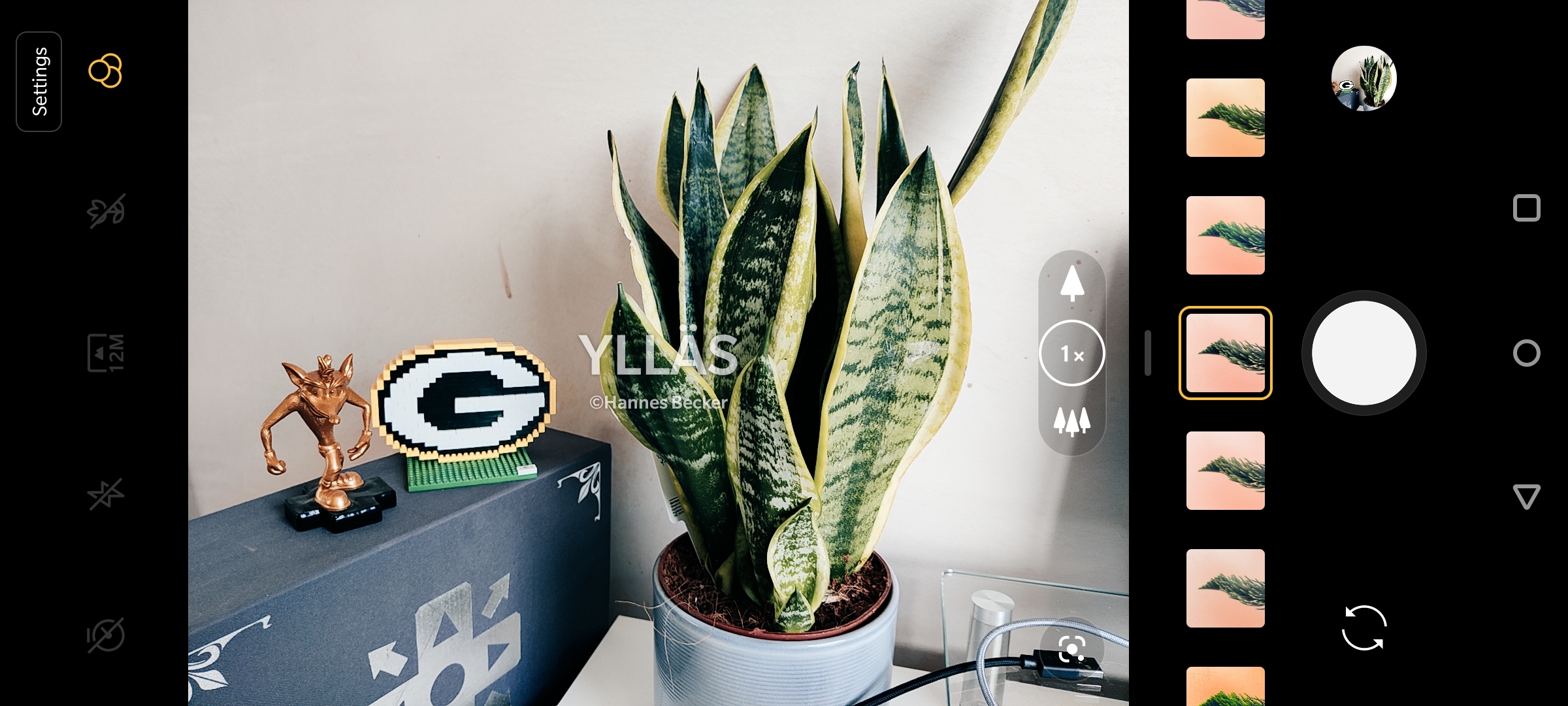
And don't worry, we've not forgotten about the final two OnePlus Nord cameras. On the front, the main 32MP, f/2.45 snapper is accompanied by an 8MP, 105-degree ultra-wide-camera, which comes in useful when taking group selfies.
The main camera is a solid offering, capable of capturing nicely detailed selfies, with HDR ensuring they don't look overly bright or dark.
Switch to portrait mode on the main front-facing camera and the Nord does well to define the foreground and background, although the blurring around your subject isn't quite as neat as that applied by the rear camera.
If you're with friends or family, or just have a beautiful vista behind you that you want to include in your selfie, you can switch to the ultra-wide camera.
While this does allow you to capture more of what's around you, the images it produces are a little darker and more muted than those from the main sensor. There's also no option of portrait mode on this wider view.

OnePlus has built in a quick-share function to the camera app, allowing you to easily share your snaps on your most frequented social apps.
Just tap and hold on the image gallery icon in the camera app to bring up a wheel of apps you can instantly share the photo with.
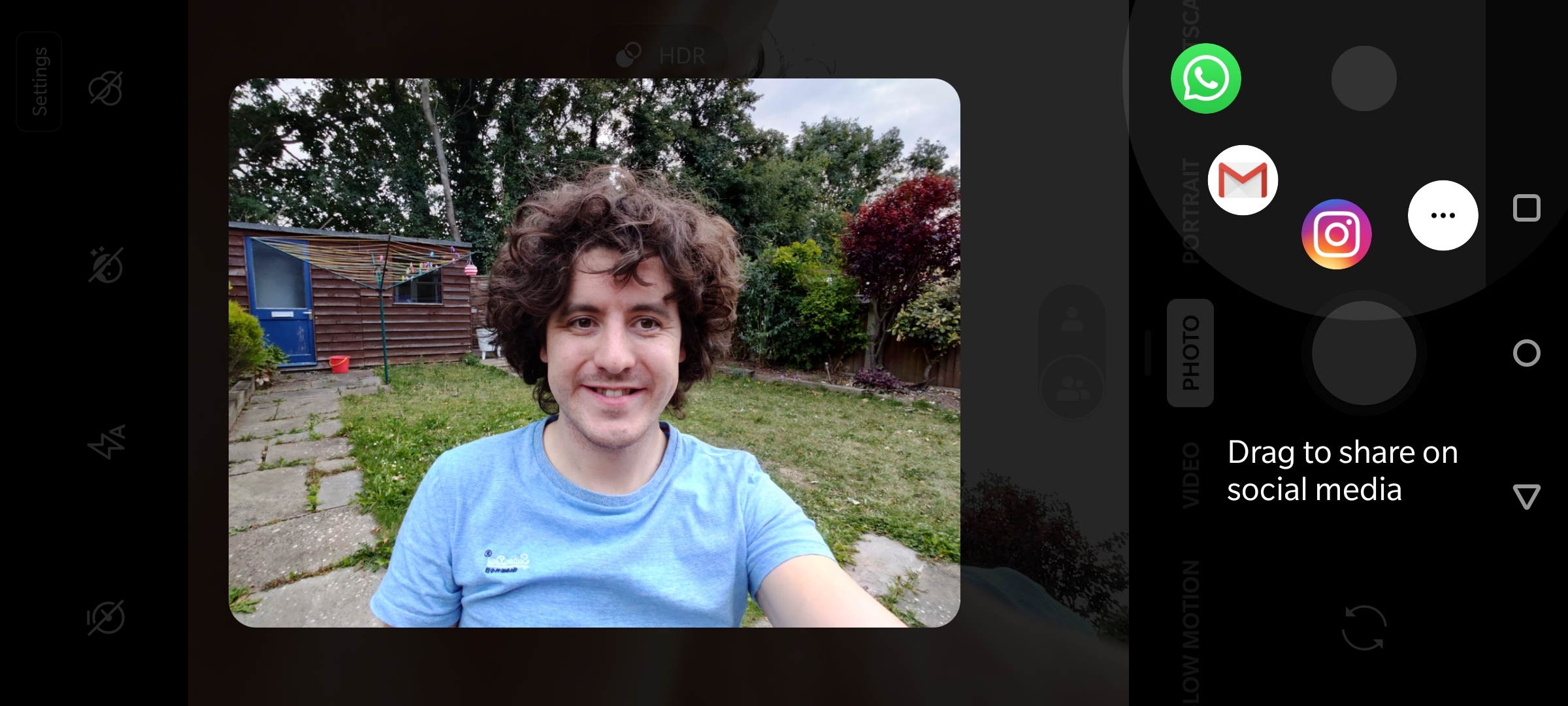
OnePlus Nord review: camera samples


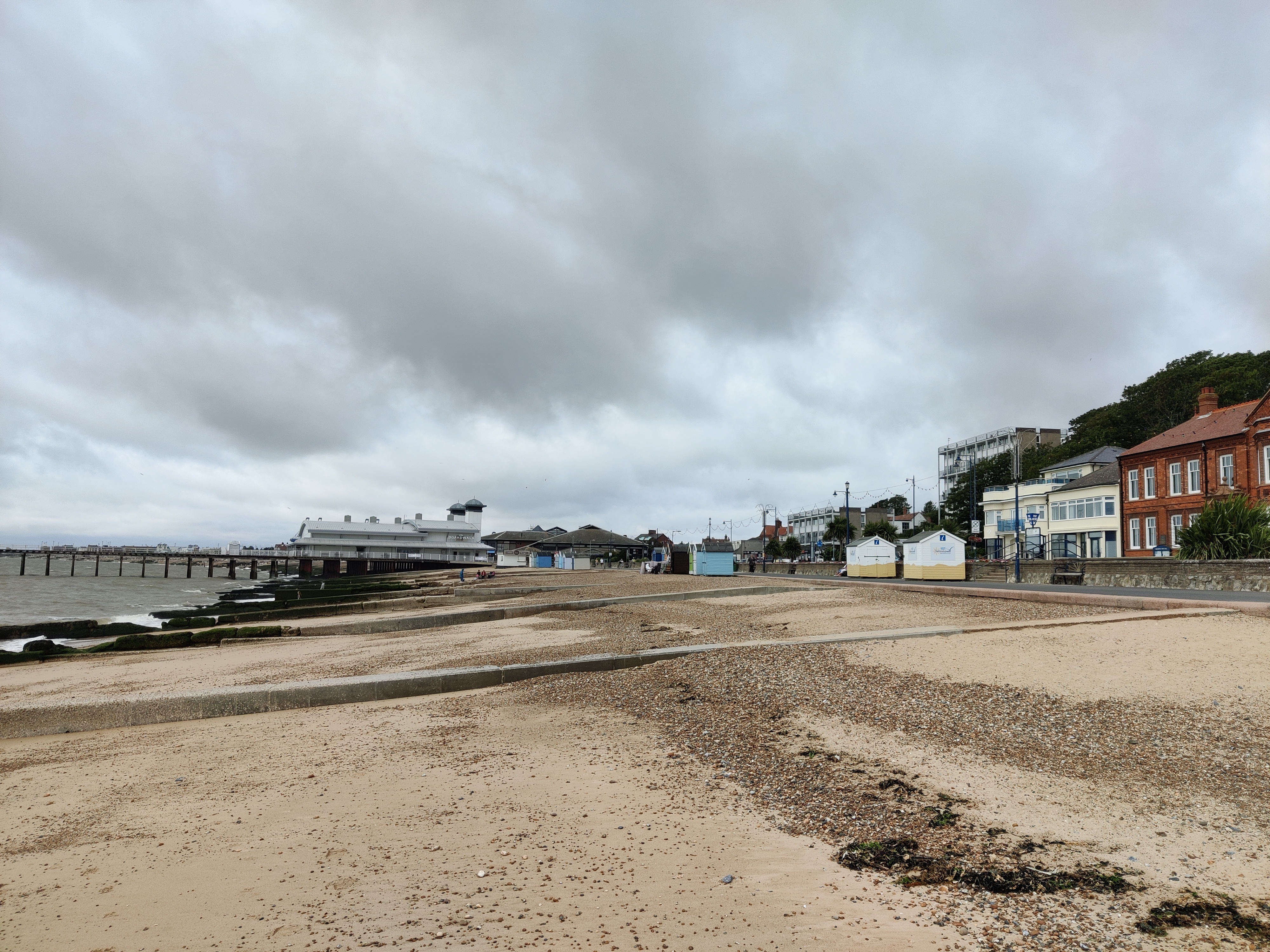
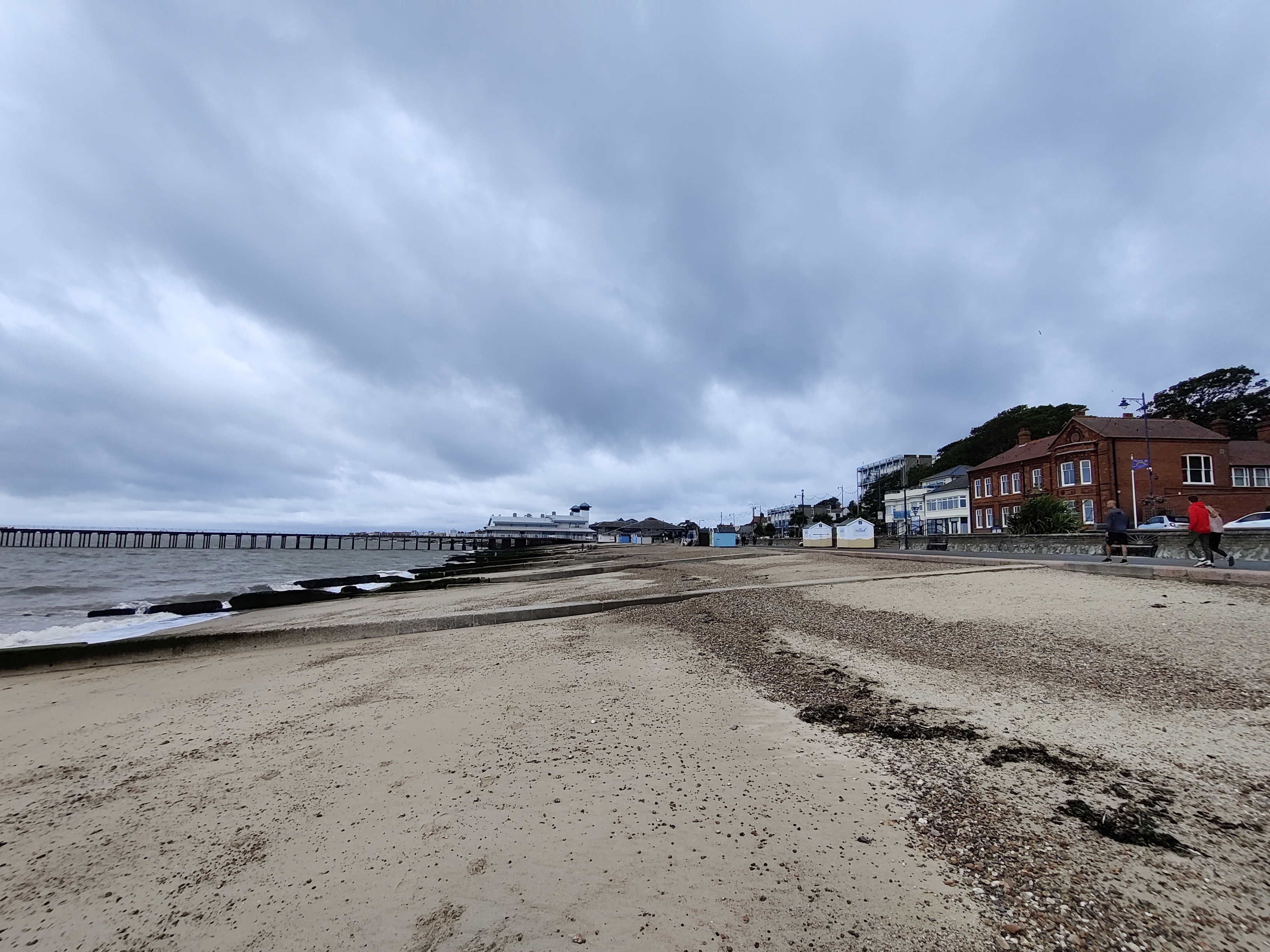


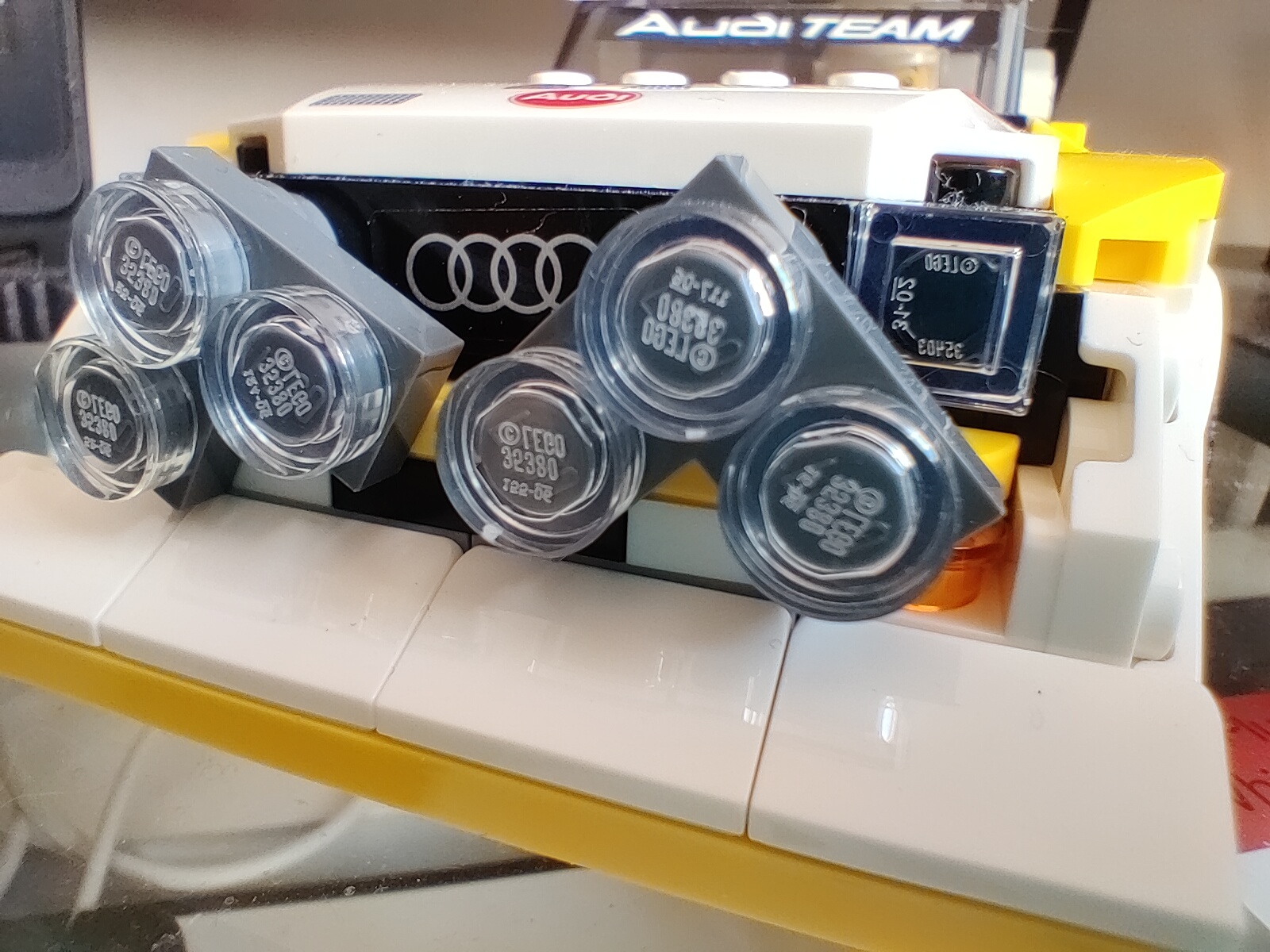



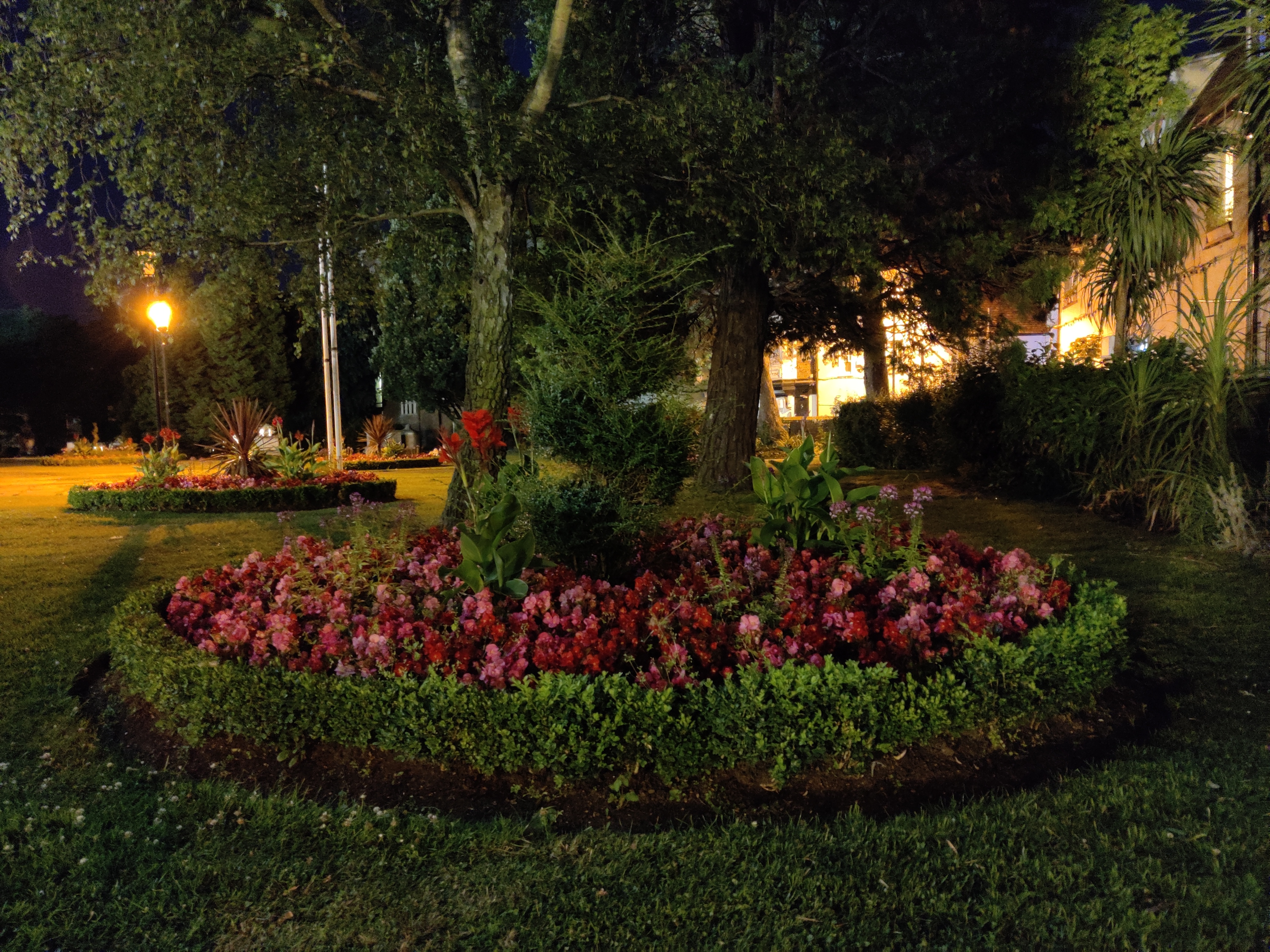
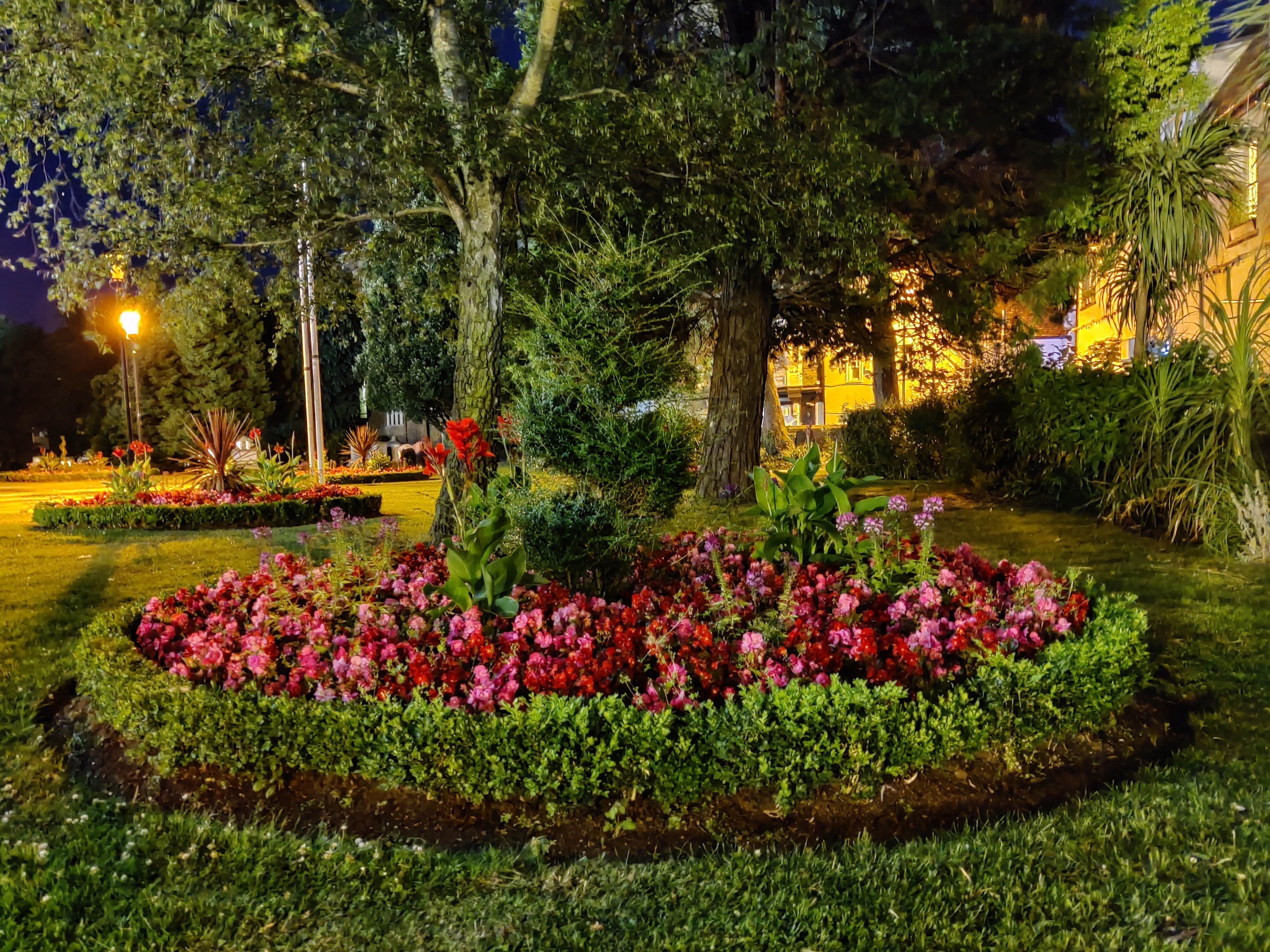


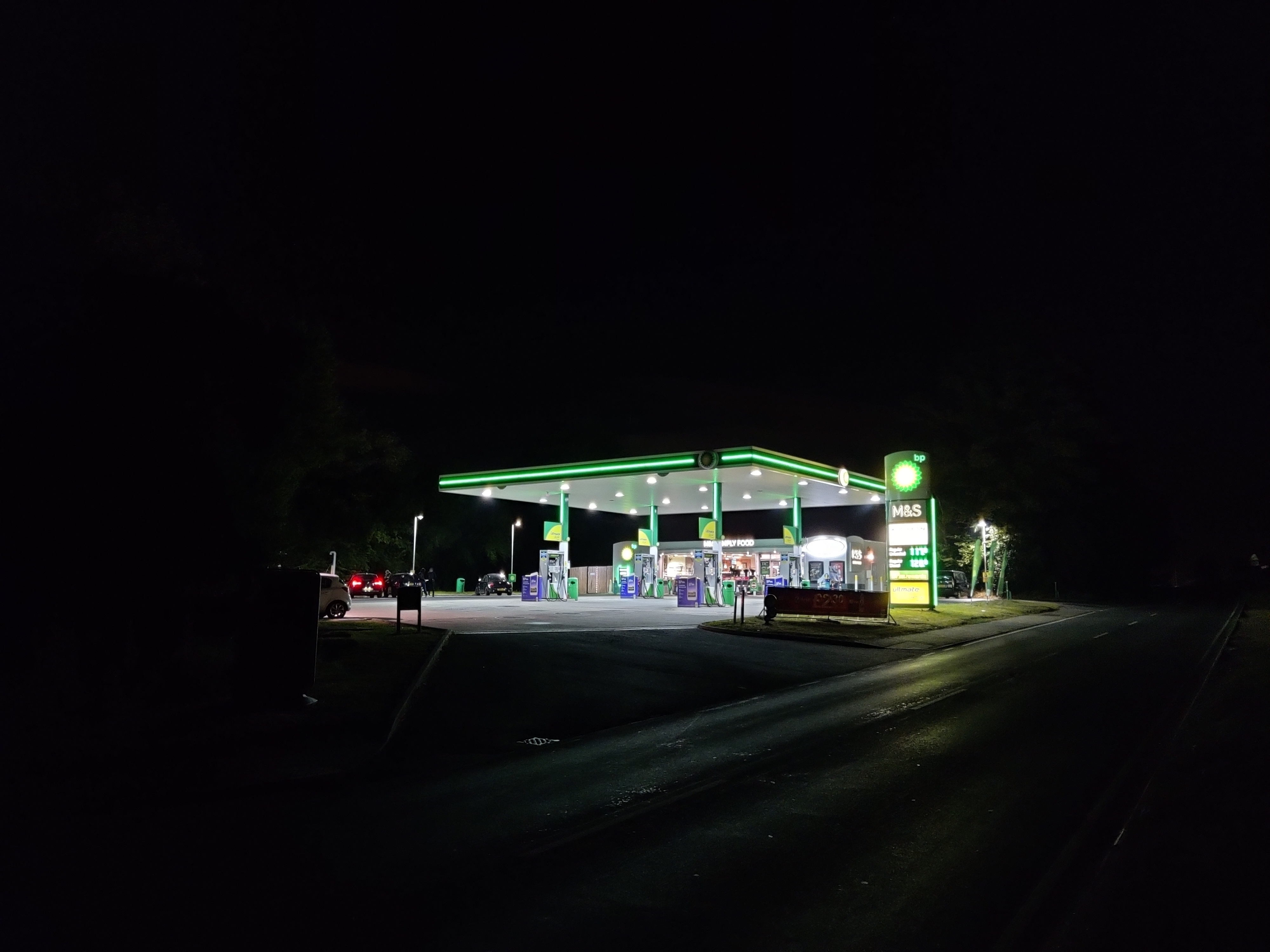
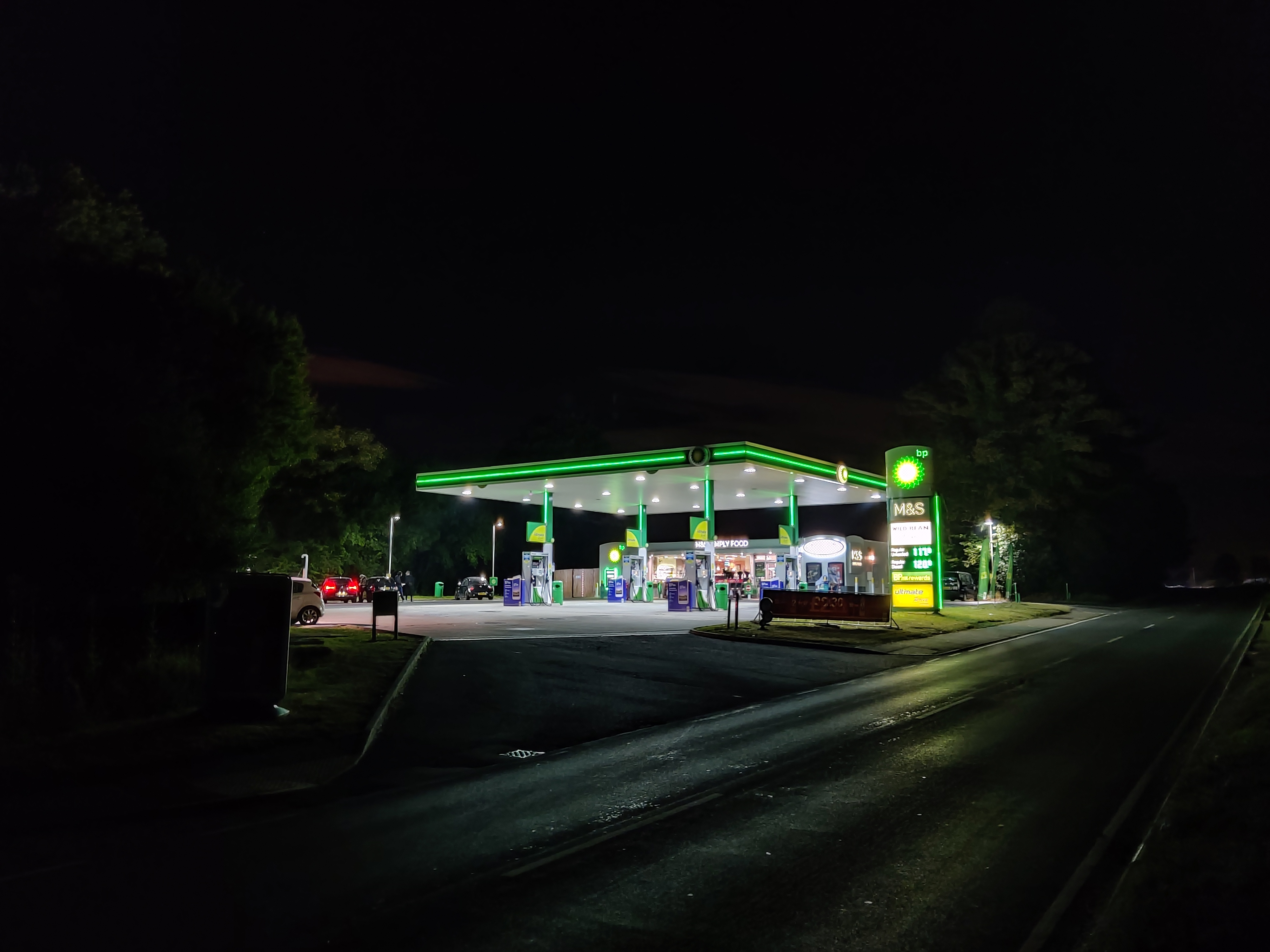
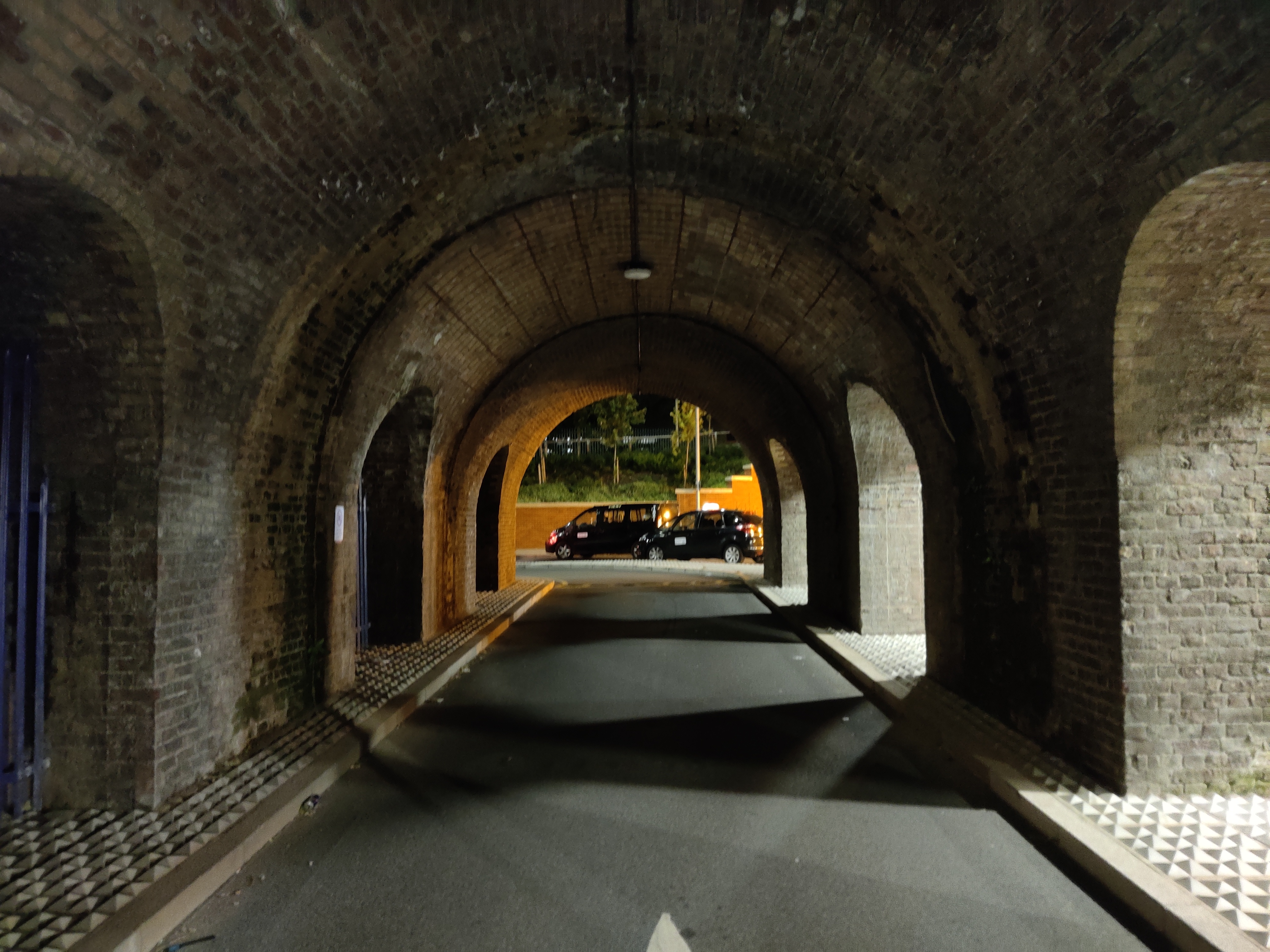
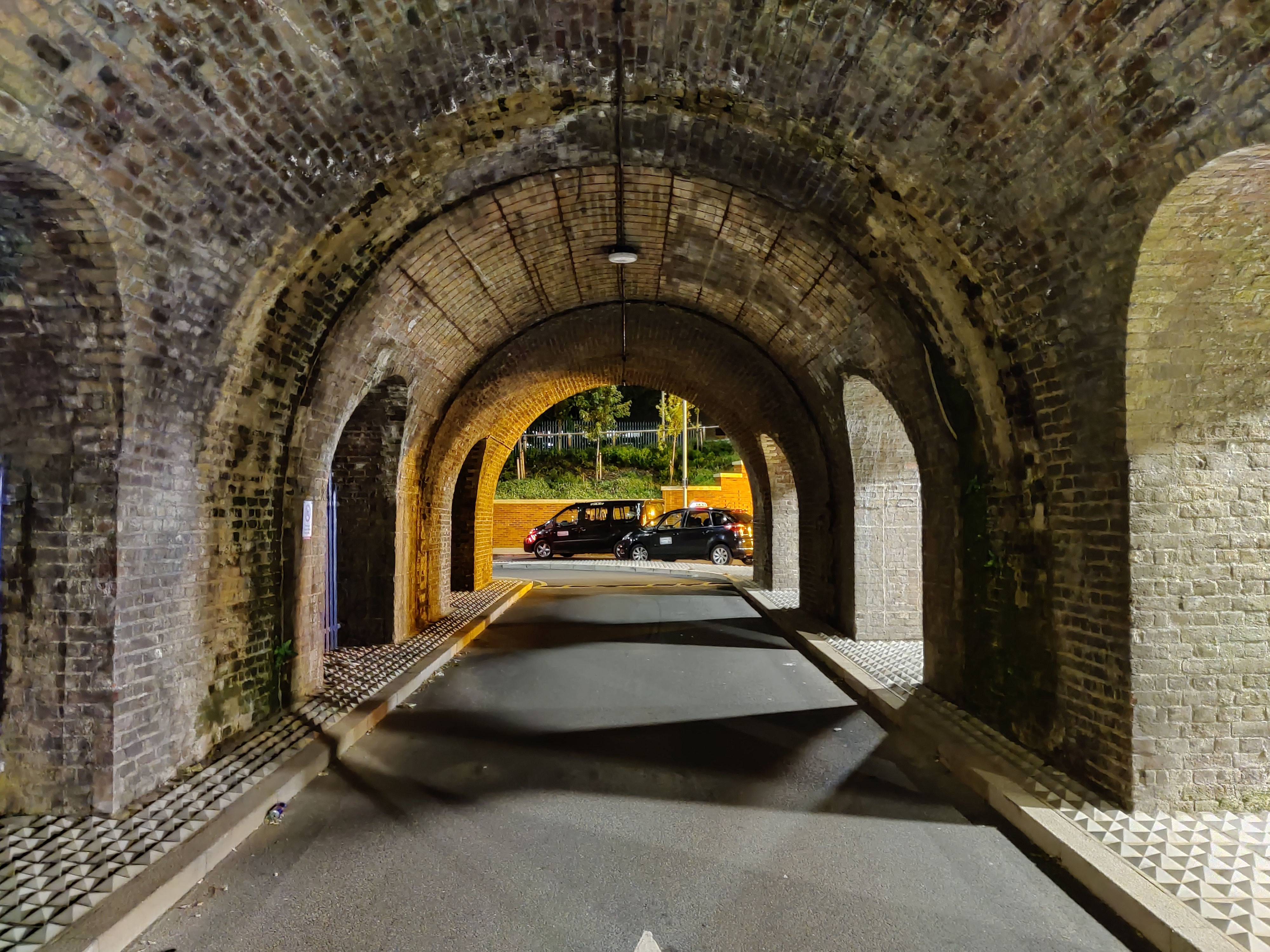


OnePlus Nord review: battery life
- 4,115mAh battery with fast charging, but no wireless support
- Lasts a day on a single charge, but don’t expect more than that
- Warp Charge 30T gets you from 0% to 70% in 30 minutes
The OnePlus Nord comes with a 4,115mAh battery, which is a reasonable size and will give you a day of regular use from fully charged. Battery life overall is acceptable, but it could be better.
The Nord lasts longer than the new iPhone SE, about the same as the iPhone XR, but not as long as the OnePlus 8 or 8 Pro.
With general use, which included four to five of hours of music streaming, three hours of light gaming, regular email and social media usage, a couple of calls, some camera action and numerous text conversations, we were getting to bed at around 11pm most nights with the battery percentage in the teens, having taken the phone off charge at around 7am.
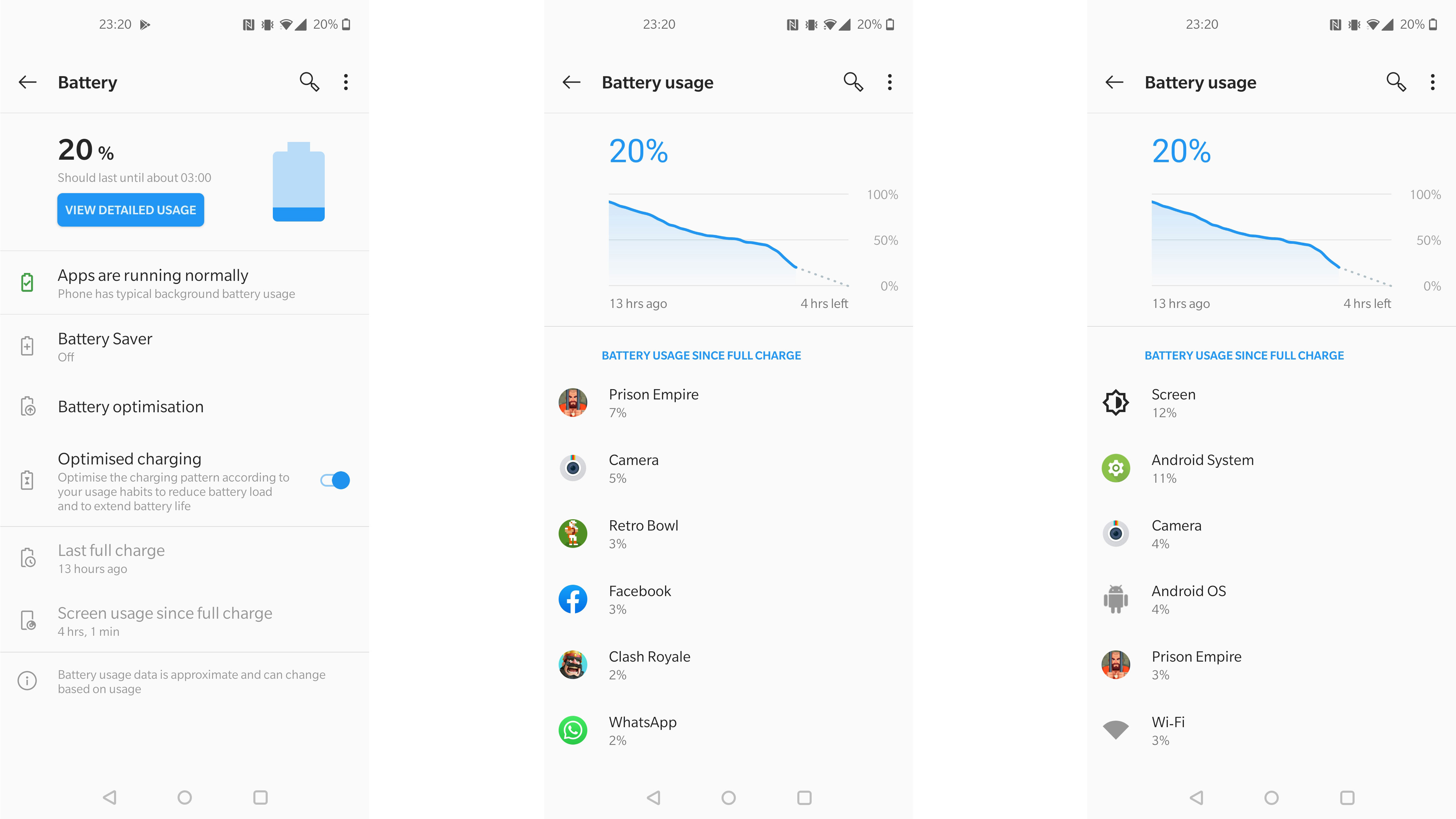
If you watch a lot of video on your phone, enjoy extended gaming sessions, or play a lot of graphically intensive titles such as Fortnite and PUBG, the OnePlus Nord will need a top-up come mid-afternoon.
On lighter usage days, where we cut down our gaming and social media usage, the OnePlus Nord would make it through the 7am to 11pm stretch with around 30% of juice left.
What you're not going to get from the OnePlus Nord battery is multi-day use from a single charge, so you'll want to keep the charging cable to hand on a daily basis.
There's support for OnePlus' Warp Charge 30T charging, which gets you from 0% to 70% in 30 minutes using the bundled cable and power adapter in the box. This does work, and it's useful if you're about to head out on a long journey and need to juice-up the Nord quickly before leaving.
There's no wireless charging support however – it's another area where some corners had to be cut in order to keep the price down.
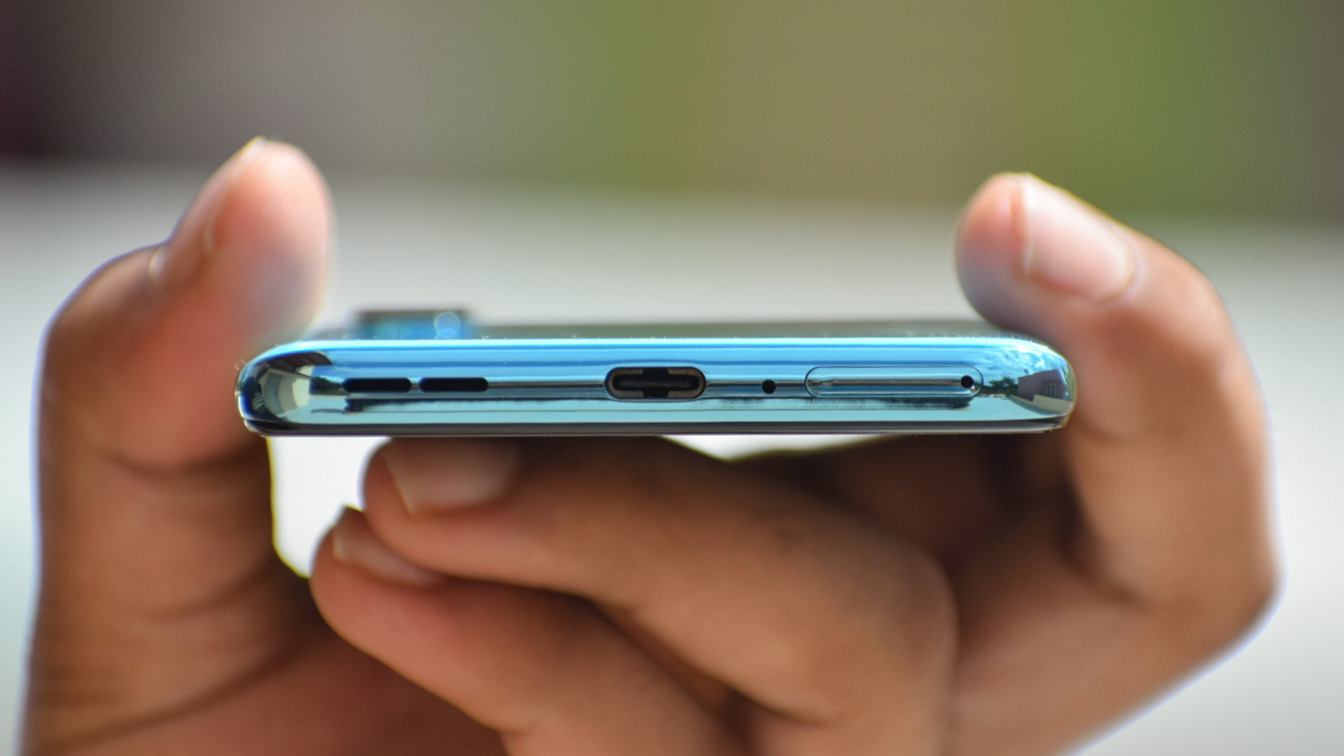
OnePlus Nord review: performance and software
- Snapdragon 765G plus 8GB/128GB and 12GB/256GB configurations
- Comes with 5G support
- Two years of software updates, three years of security updates
Under the hood, Qualcomm's Snapdragon 765G chipset sits at the heart of the OnePlus Nord, and while it's not the same flagship chip as found in the 8-series phones, it performs well here, as it has in other handsets such as the LG Velvet and Motorola Edge.
The 765G is complimented by a decent slug of RAM as well, with 8GB and 12GB variants of the OnePlus Nord available.
This makes for a handset that's responsive under finger, with apps loading quickly, and the Nord handles HDR video playback and intensive games with aplomb for a mid-range smartphone.
We were able to play PUBG with HD Graphics with the frame rate set to high (HDR and Ultra HD modes were unavailable), and you can also opt to switch on OnePlus' Fanatic Mode, which channels more power to your gaming experience, switches on 'do not disturb' so that notifications don’t appear in front of gameplay, and prioritizes signal to the game to reduce latency.
The 90Hz refresh rate display on the OnePlus Nord also enhances gameplay, providing sleeker graphics and motion in games, as well as improving the overall experience of using OnePlus' Oxygen OS 10.5 interface, which sits over the top of Android 10.
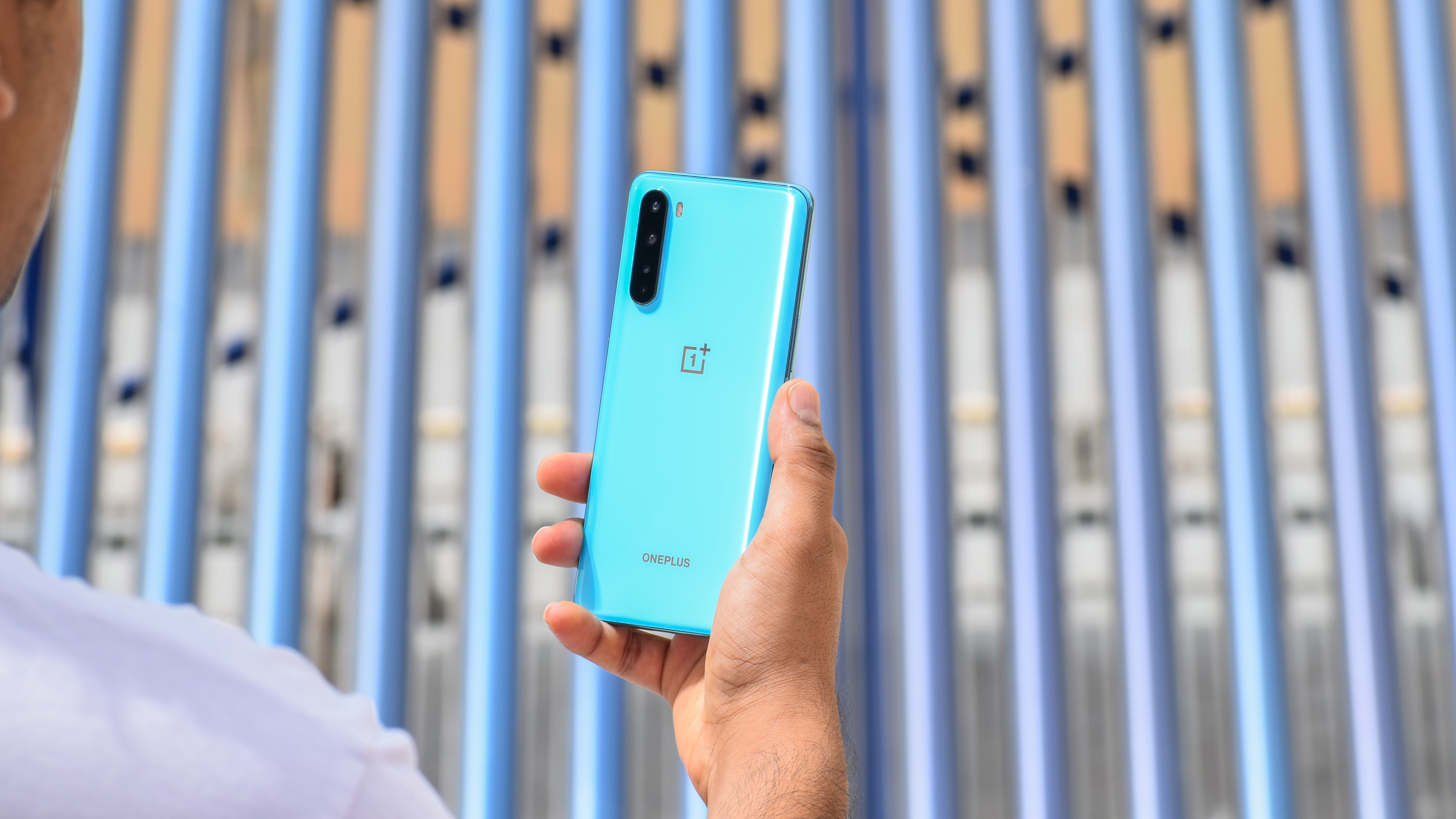
With a high refresh rate like this, scrolling becomes smooth, with no stutter as you flick through Twitter and Instagram feeds.
You can drop the refresh rate down to 60Hz, which means things will be less smooth - although, if you're upgrading from a handset which is a few years old, the likelihood is you're already accustomed to this - but more importantly, it will also extend battery life a little.
As for raw power, unsurprisingly the OnePlus Nord doesn't match its flagship siblings, with our 12GB of RAM model averaging a multi-core score of 1,877 on Geekbench 5. That's considerably lower than the 12GB RAM versions of the OnePlus 8 (3,401) and OnePlus 8 Pro (3,305), both of which pack the Snapdragon 865 chipset.
It shows that if you do opt for the more expensive OnePlus handsets you're getting more power, which in turn will provide a slicker user experience, and better handling of intensive tasks.
We also ran the benchmarking app on the OnePlus 7T Pro McLaren Edition (Snapdragon 855+, GB) and OnePlus 6 (Snapdragon 845, 8GB), and both scored better than the Nord, at 2,677 and 2,232 respectively.
CPU benchmarks only tell part of the story though, and the software and hardware integration on the OnePlus Nord is very good, meaning that for many users the OnePlus Nord performance will be more than sufficient.
Of course, you’ll need space to store all your apps, games, photos and video, and the good news here is that the Nord comes well equipped in this department, as it mirrors the OnePlus 8 Pro for RAM as well as storage offerings.
The 8GB RAM model gets you 128GB storage, which is excellent for the price point – the entry-level iPhone SE is more expensive, and you get just 64GB. Our review handset was the 128GB / 256GB model, with around 236GB of that storage available for you to use.
128GB (and thus the cheaper OnePlus Nord) will likely be more than enough for many, and the additional RAM in the 256GB Nord is likely to only come into its own during intensive gaming sessions, so the differences between the two configurations won’t be discernible by most users.
The OnePlus Nord comes with 5G support, which means you can take advantage of next-generation network speeds when they become available in your area, if 5G hasn't rolled out for you just yet.
As we've already mentioned, the Nord comes with Google's Android 10 operating system, overlaid with OnePlus' OxygenOS 10.5. This UI provides a wider assortment of customization options than stock Android, while retaining a familiar look and feel, and OnePlus says it also includes over 300 separate software optimizations.
We didn't experience any obvious slowdown or issues during our two weeks using the OnePlus Nord, and that was after filling it up with apps, photos and videos, and spending many hours playing games and watching endless episodes of All or Nothing, Good Girls and Community.
OnePlus promises that the Nord will get a minimum of two years (from launch date) of software updates – which means it'll be in line for the Android 11 update and Android 12 in 2021 – plus three years of security updates.
There's currently no word on when Android 11 will arrive on the OnePlus Nord, but we'll update this review when we know. OnePlus has pushed out a few software updates to the handset since launch addressing small issues including improvements to Bluetooth and voice call stability and macro camera image clarity.
Should I buy the OnePlus Nord?
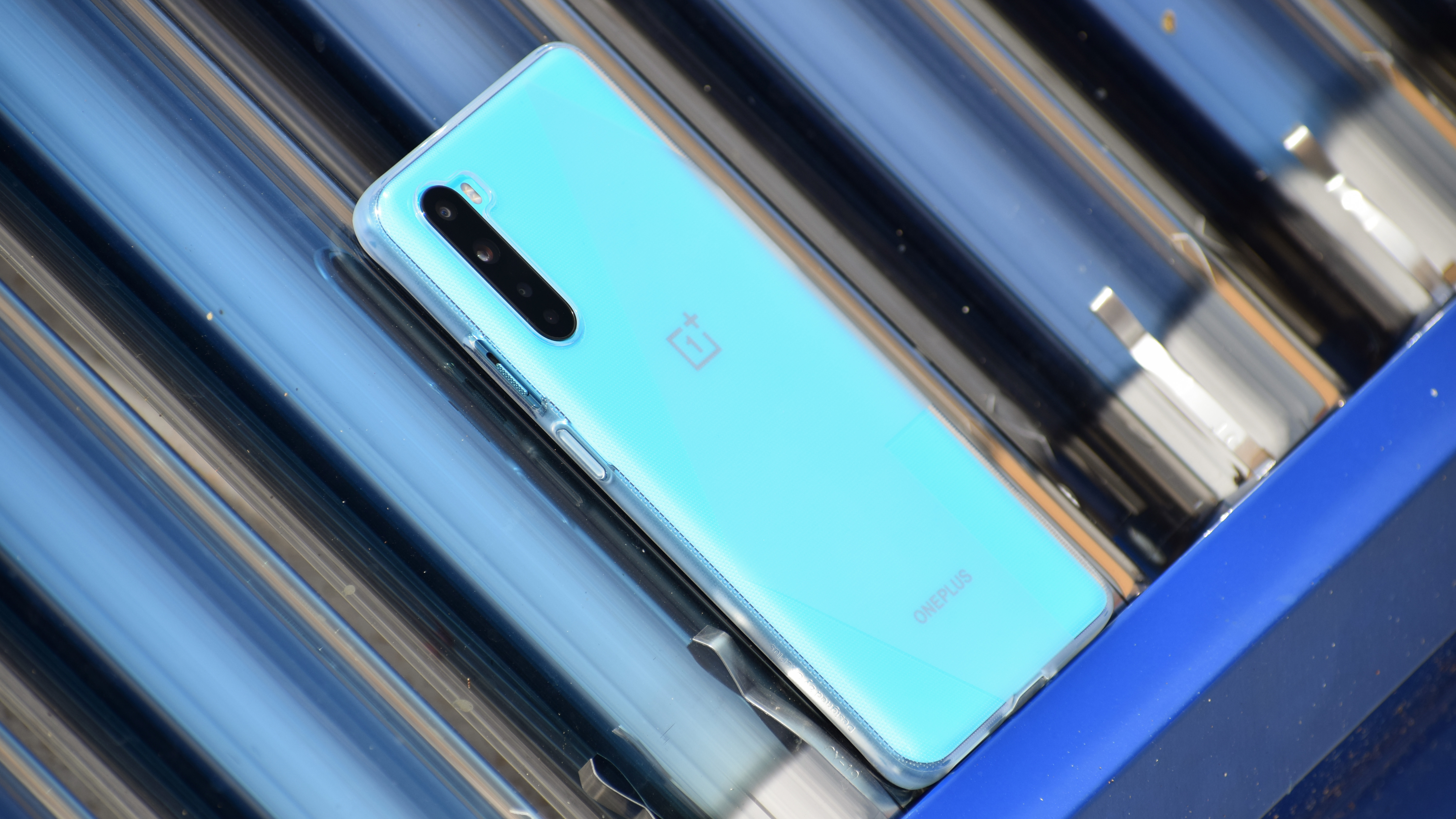
Buy it if...
You want an affordable, all-but-flagship phone
OnePlus burst onto the smartphone scene back in 2014 claiming that it had a 'flagship killer' in the OnePlus One, but the prices of its phones have risen over the years to the point where they were no longer low-costs alternatives, but part of the premium pack. The OnePlus Nord takes the brand back to its affordable roots, delivering an almost-flagship experience at a lower price.
You want a 5G phone which doesn’t break the bank
The OnePlus Nord is one of the cheapest 5G phones available right now, so even if 5G isn't available in your area just yet, you can be safe in the knowledge that the Nord will be ready for it when it does arrive. Plus you get two years of guaranteed Android updates, and three years of security updates, which all adds up to some nice future-proofing.
You want photography flexibility
Six cameras may be a little over the top, but it does mean the OnePlus Nord offers a wide range of photography options, from ultra-wide cameras on the front and back, a dedicated macro camera and a new night mode, to slow-motion recording and 4K, 30fps video capture on the main rear and selfie cameras.
Don’t buy it if…
You want water-resistance reassurance
Unlike the 8 and 8 Pro, the OnePlus Nord doesn't carry an IP rating, which means there's no guarantees as to its dust- or water-resistance abilities. OnePlus says it's dunked the handset in 30cm of water for 30 minutes without issue, but you'll have to take its word on that.
You get a lot of notifications
The OnePlus Nord has dual front-facing cameras, which is nice and all, but they do take up extra space on the front of the phone. As these reside in a punch-hole in the display, it means a chunk of screen real estate has been lost, chiefly along the notifications bar. If you're lucky enough to be extremely popular, or just have lots of game notifications switched on, this may be a problem, as only a handful of icons can be displayed in the remaining space.
You want a long-lasting battery
The OnePlus Nord battery life isn't bad, but it's also not the best we've seen. You should be able to get a day of use from a full charge with moderate activity, but don't expect more than that. This is a phone you'll want to be recharging each night – and remember, there's no wireless charging support.
Also consider
If our OnePlus Nord review has you considering other options, here are three more phones to ponder.
Xiaomi Poco F2 Pro
The Poco F2 Pro is a good mid-ranged phone with a variety of strengths, yet a low price tag. Its screen is bold, its cameras take good-looking photos and its processing power is some of the best we've seen in a smartphone. It's definitely worth considering if you're also looking at the Nord.
Check out our Xiaomi Poco F2 Pro review
Google Pixel 4a
If you're looking for a more compact handset, then you'll want to consider the Google Pixel 4a. It's a dinky device which can be easily used one-handed, and while it may have just one rear camera, the smarts Google has packed into it means you'll be able to take great shots.
Check out our Google Pixel 4a review
iPhone SE (2022)
If you're in the market for a compact, mid-range handset that you can easily use one-handed, there's another big name offering for you to choose from - the new iPhone SE. Unsurprisingly it runs iOS and not Android, but if the former is your preference this is the compact smartphone for you.
Check out our iPhone SE (2022) review
You can save big with our OnePlus coupons. Find the best deals on OnePlus smartphones, accessories, and more for top-quality tech at great prices.
First reviewed: July 2020

TechRadar's former Global Managing Editor, John has been a technology journalist for more than a decade, and over the years has built up a vast knowledge of the tech industry. He’s interviewed CEOs from some of the world’s biggest tech firms, visited their HQs, and appeared on live TV and radio, including Sky News, BBC News, BBC World News, Al Jazeera, LBC, and BBC Radio 4.
